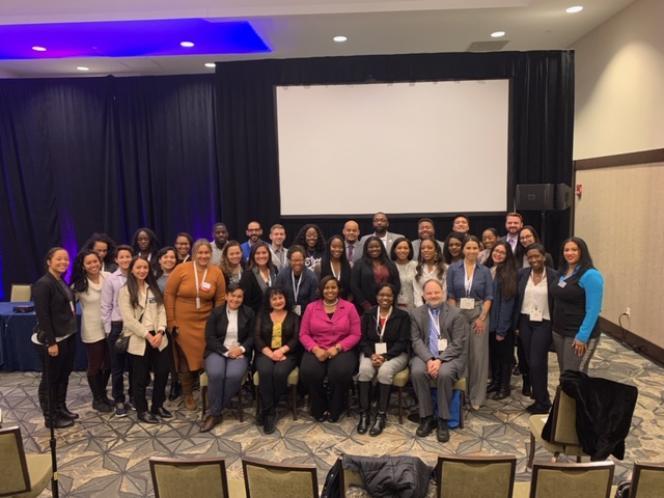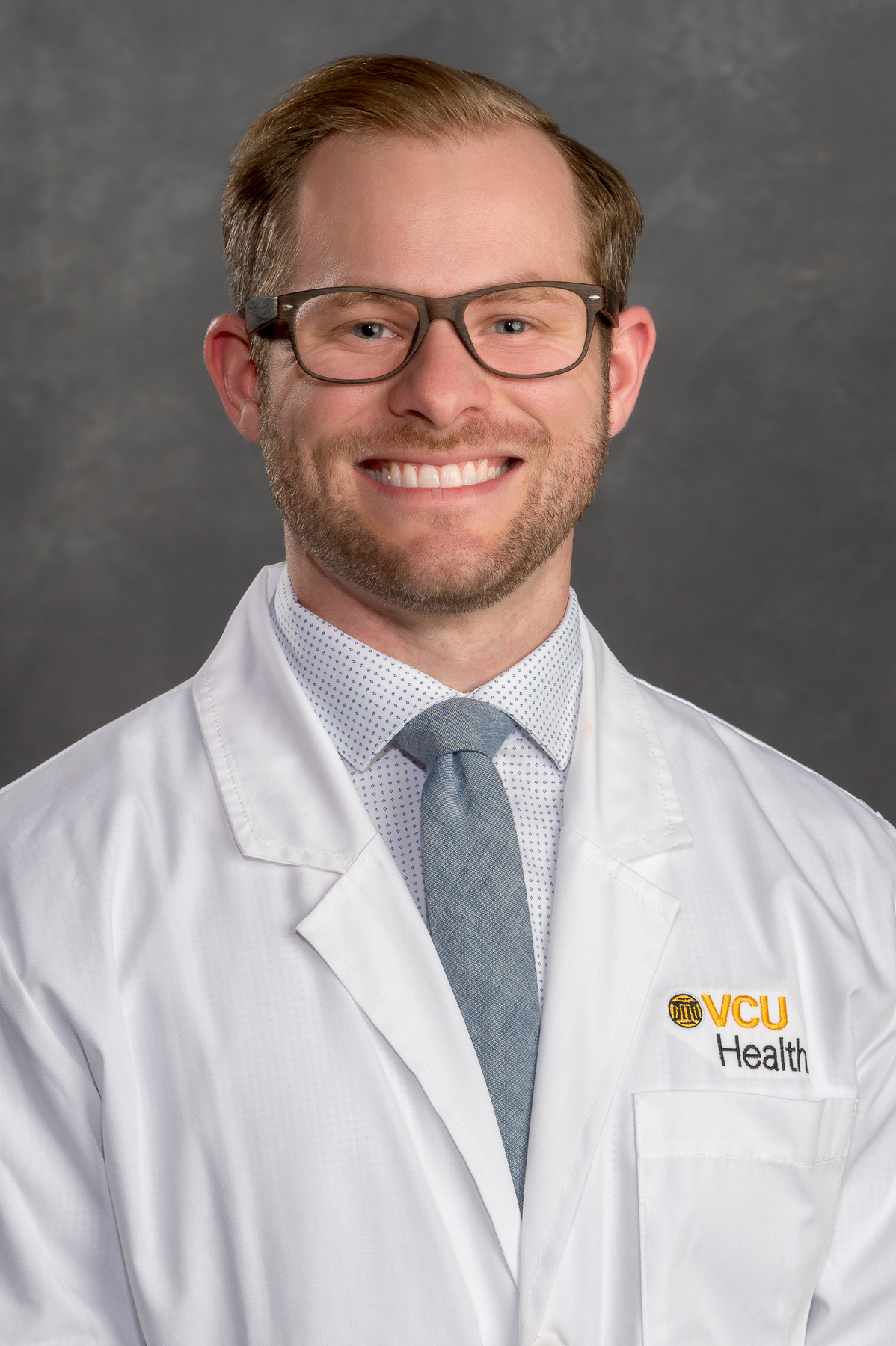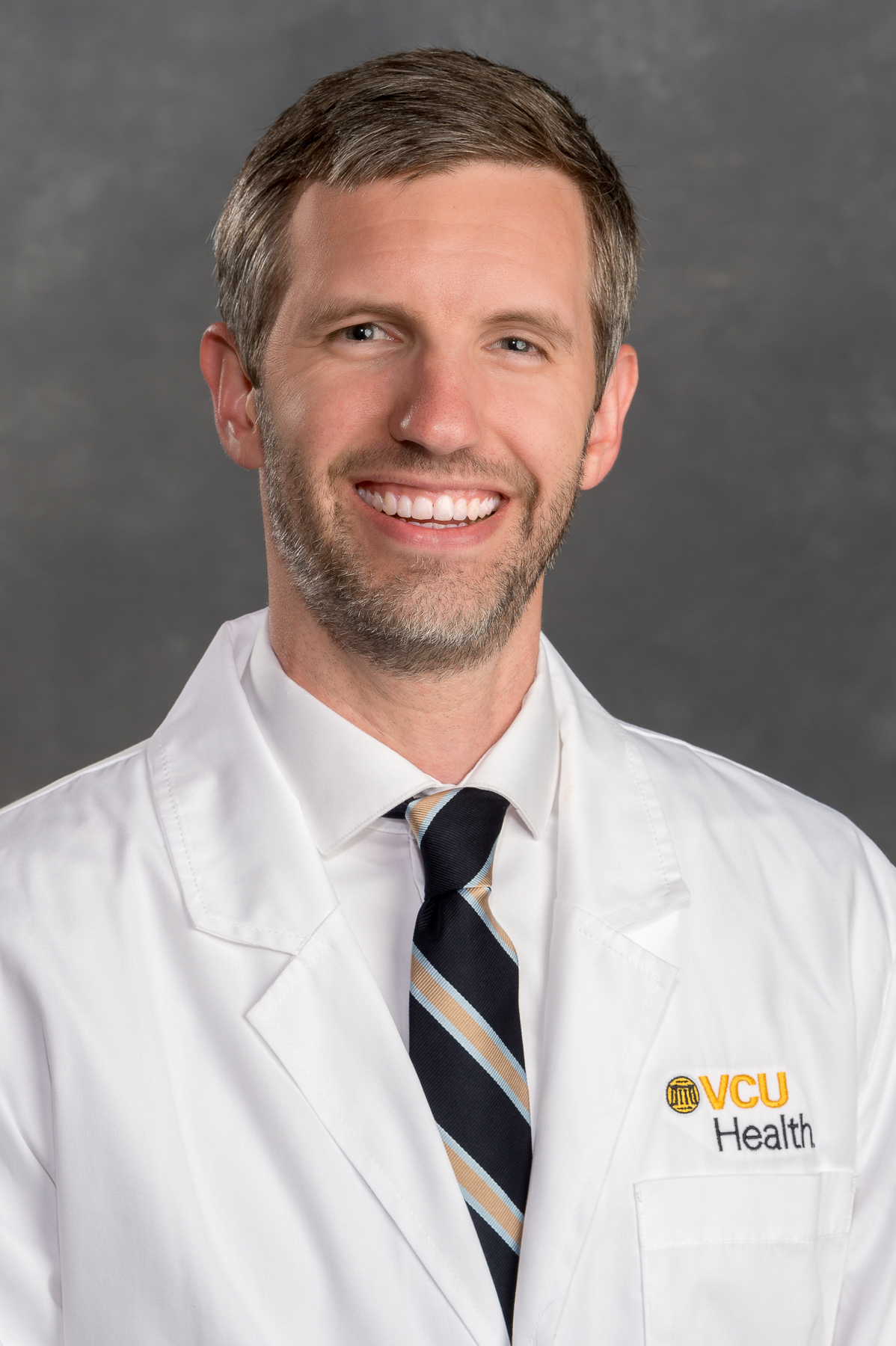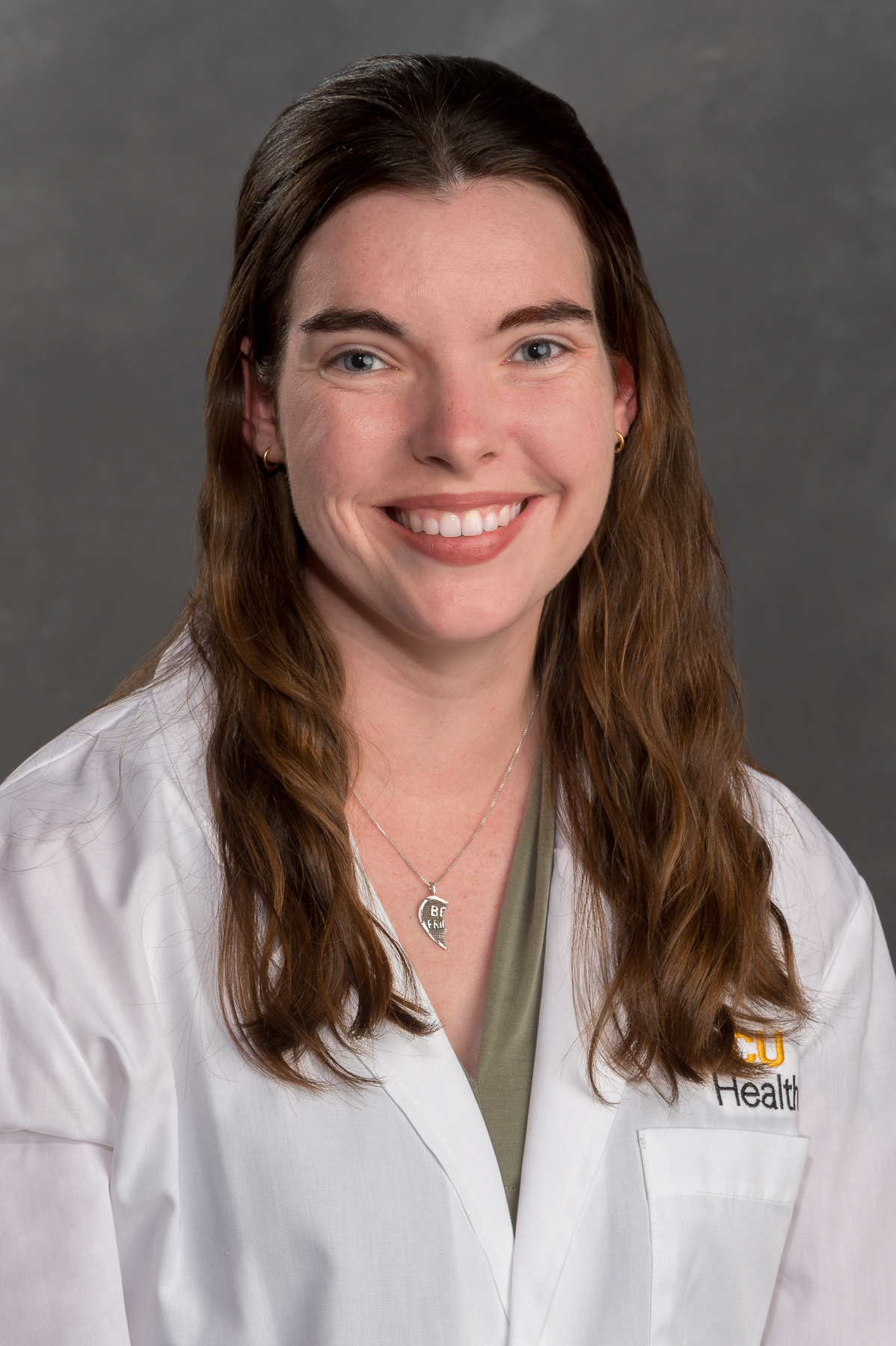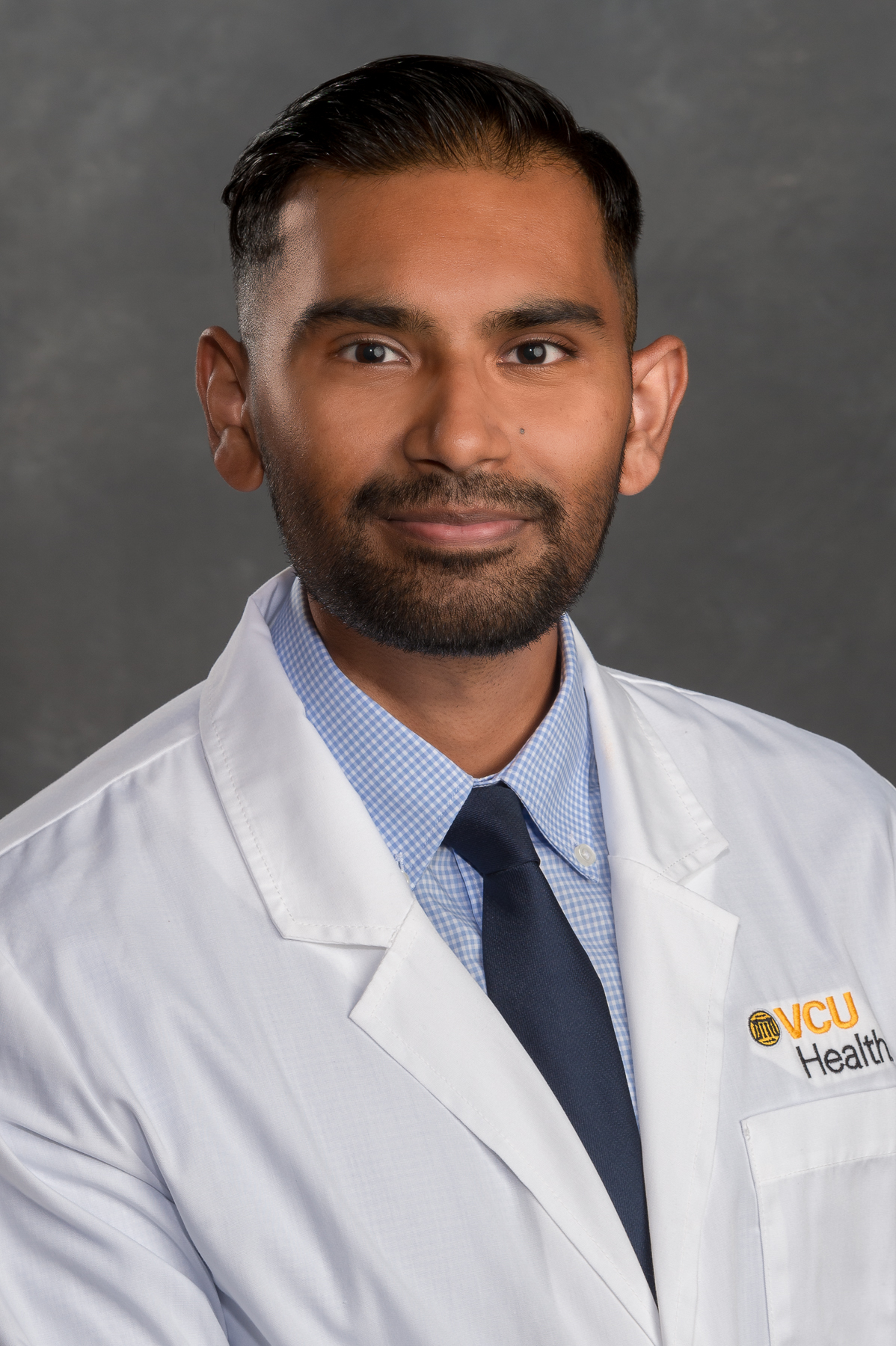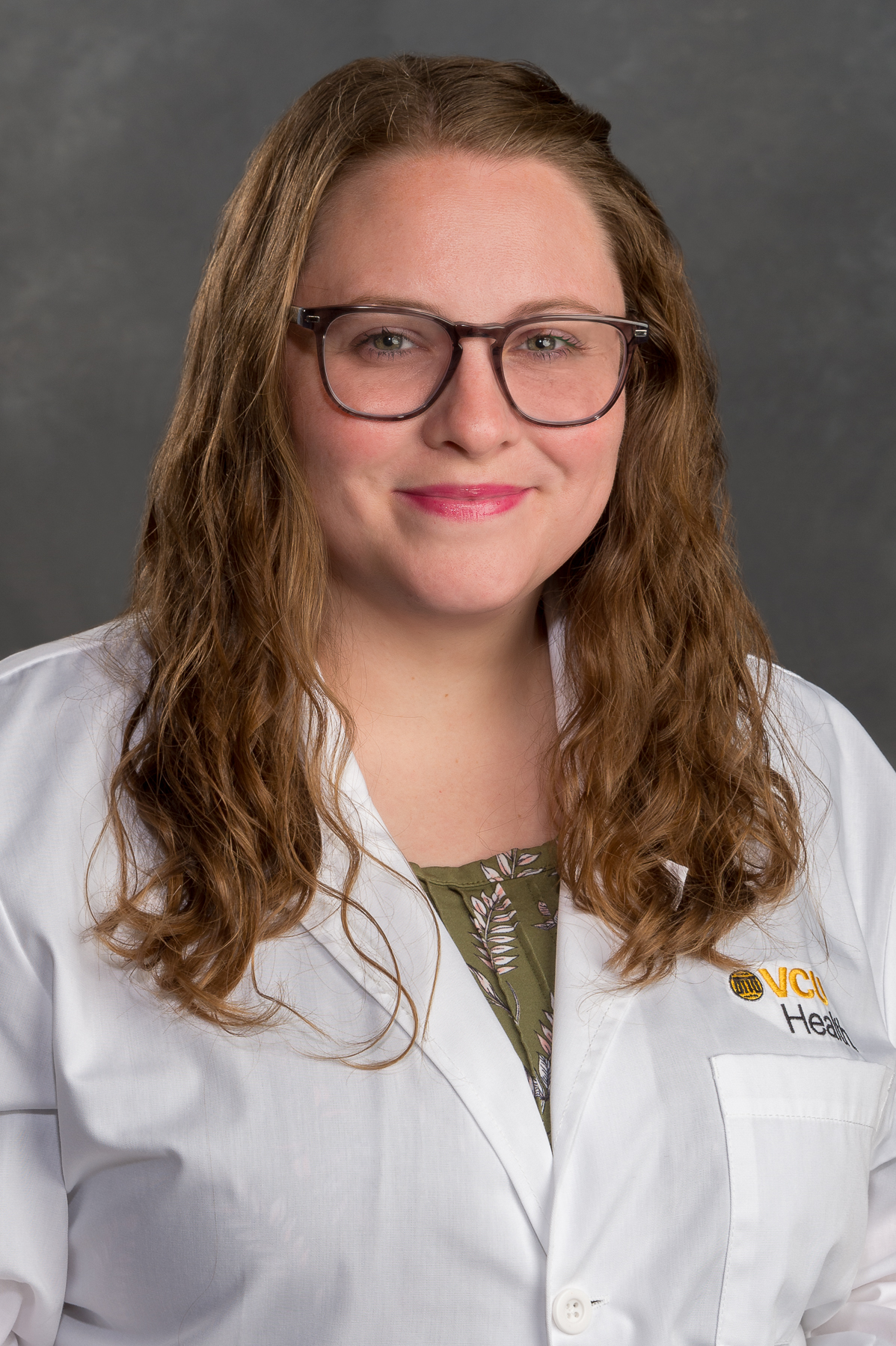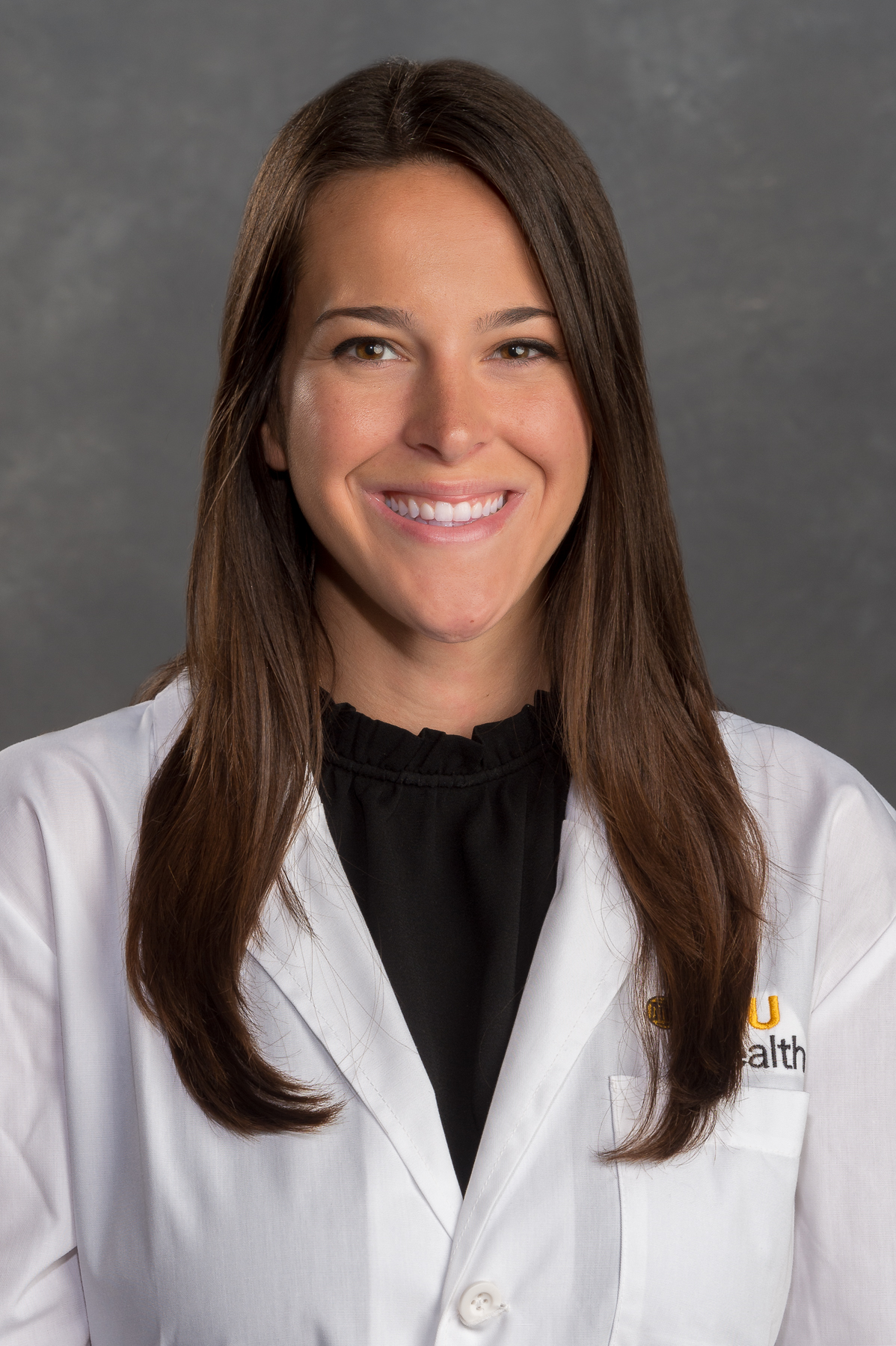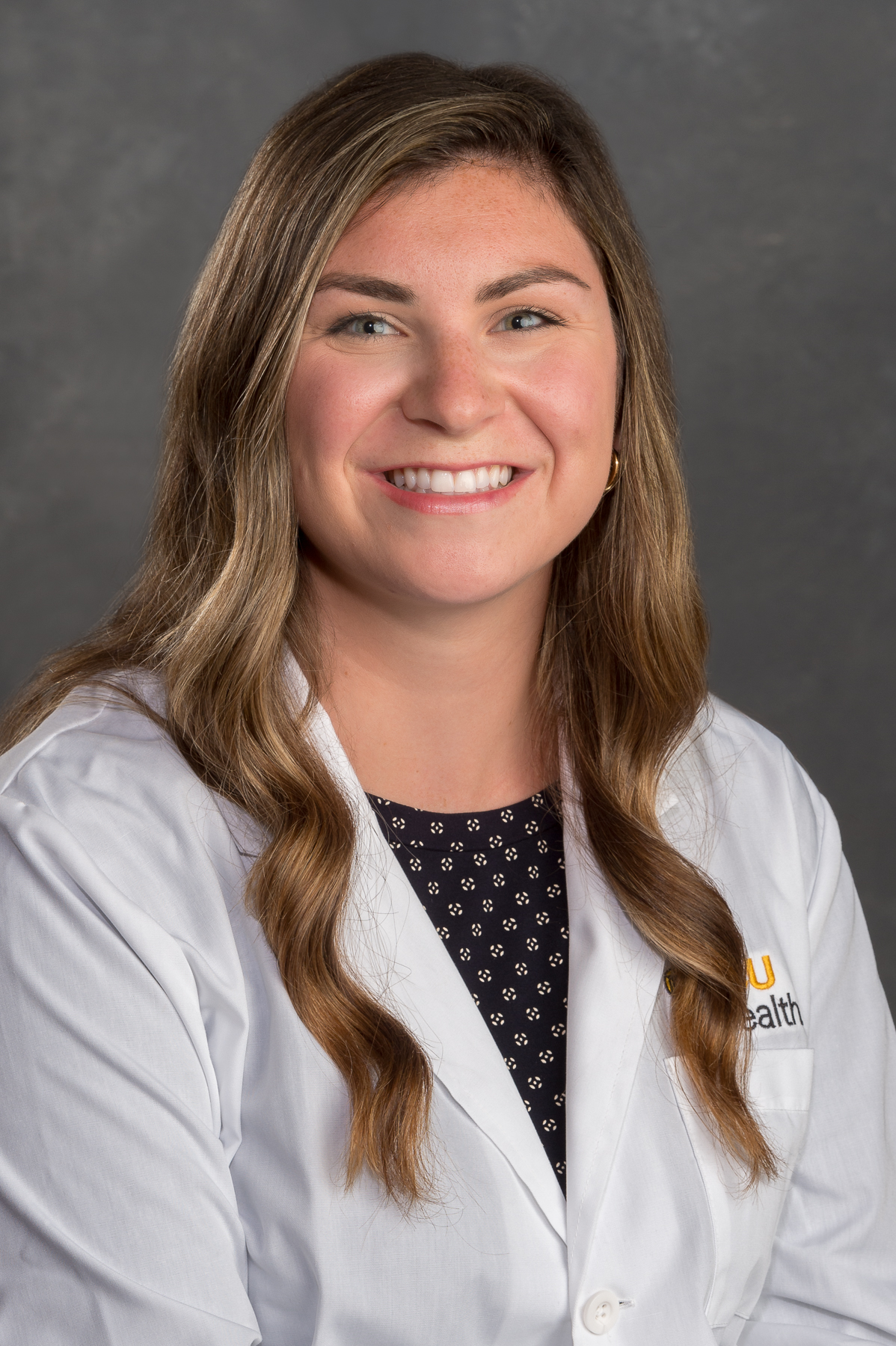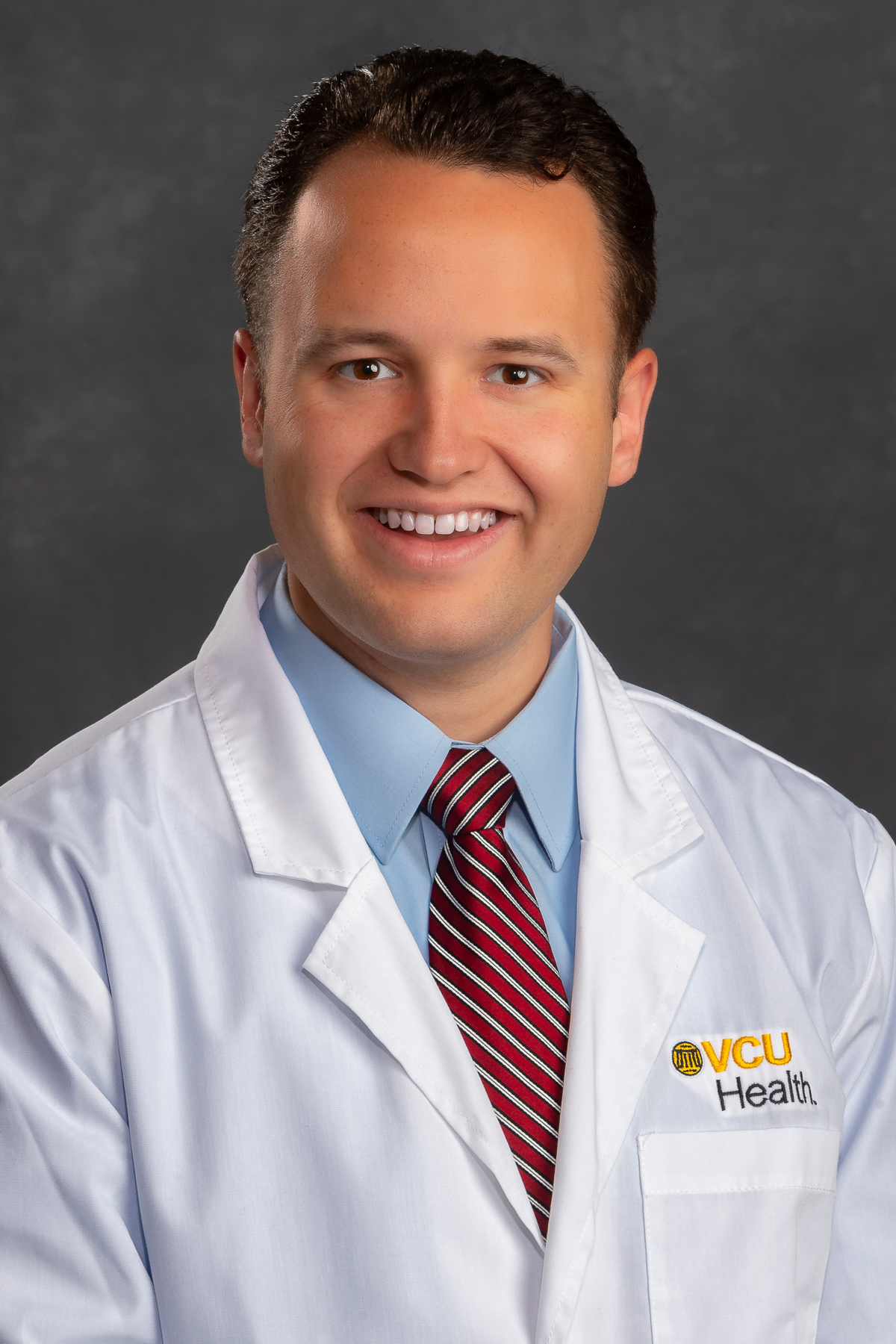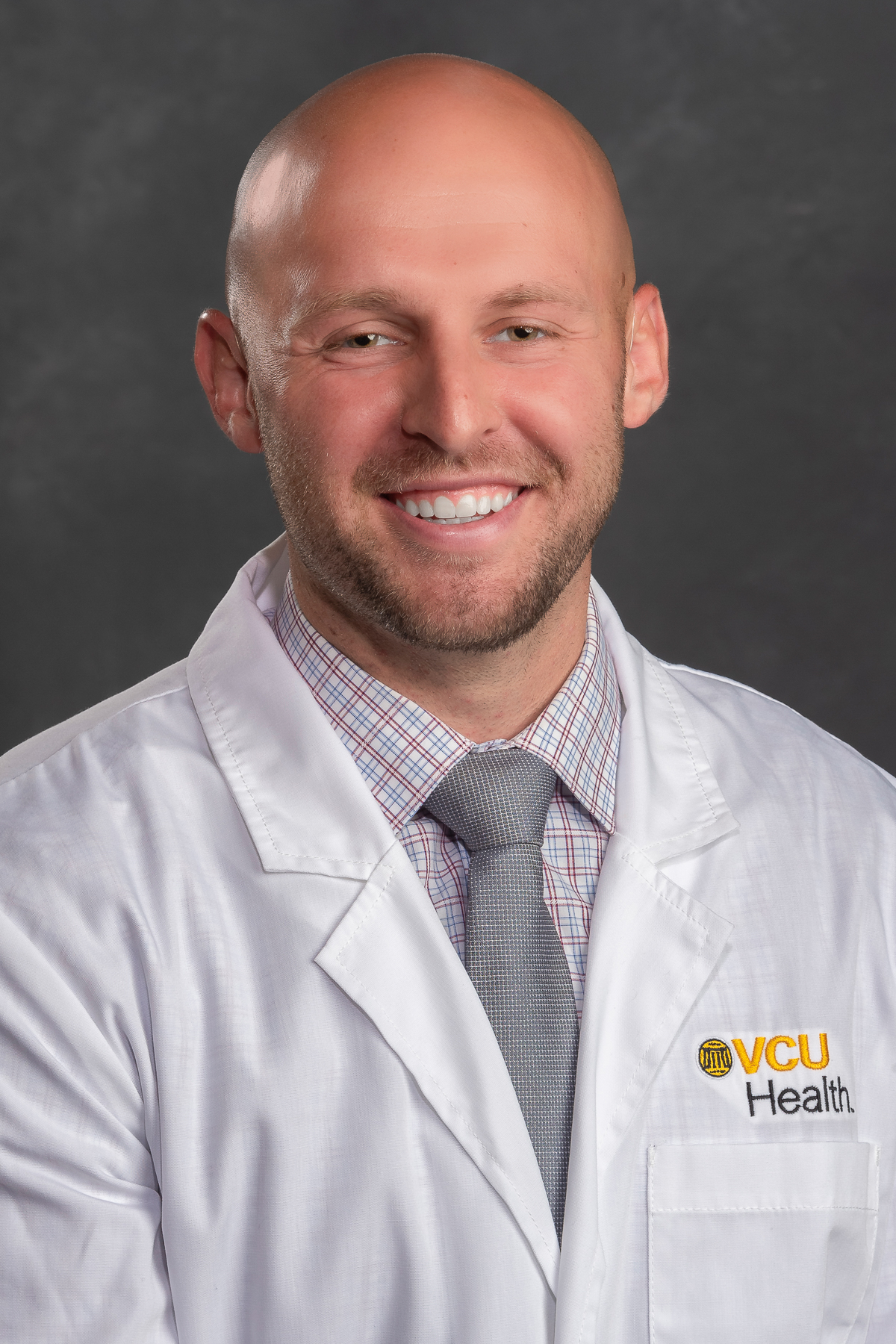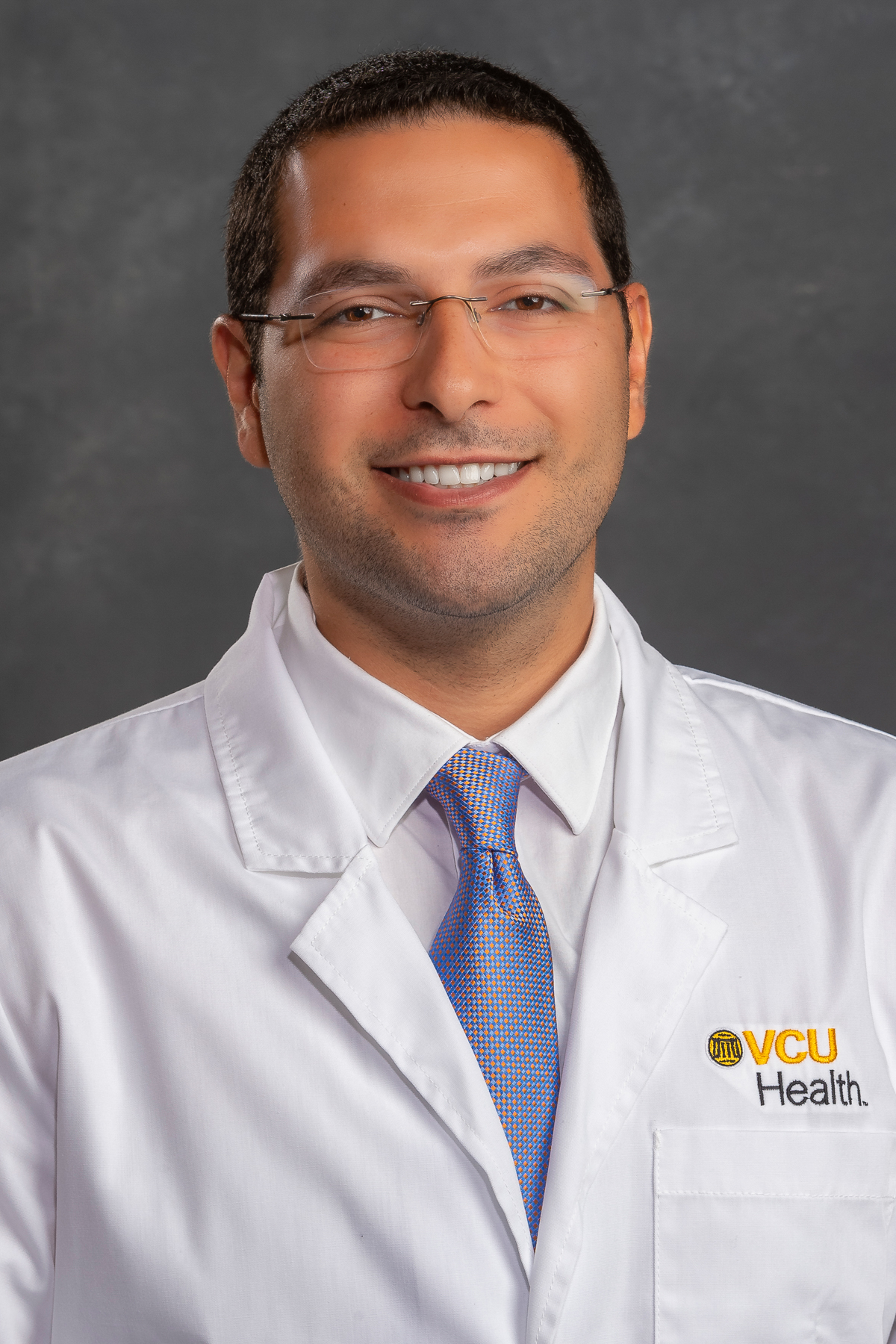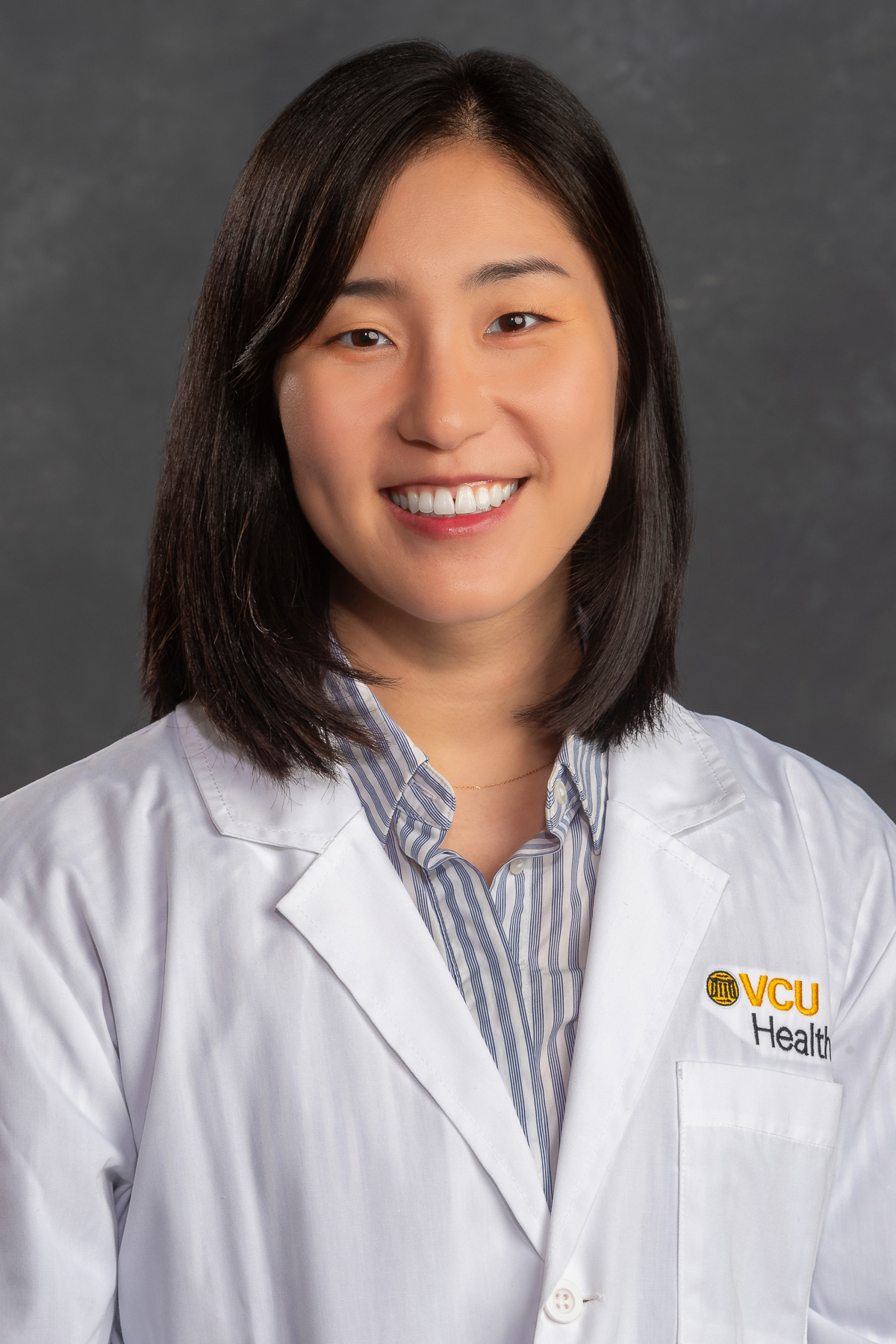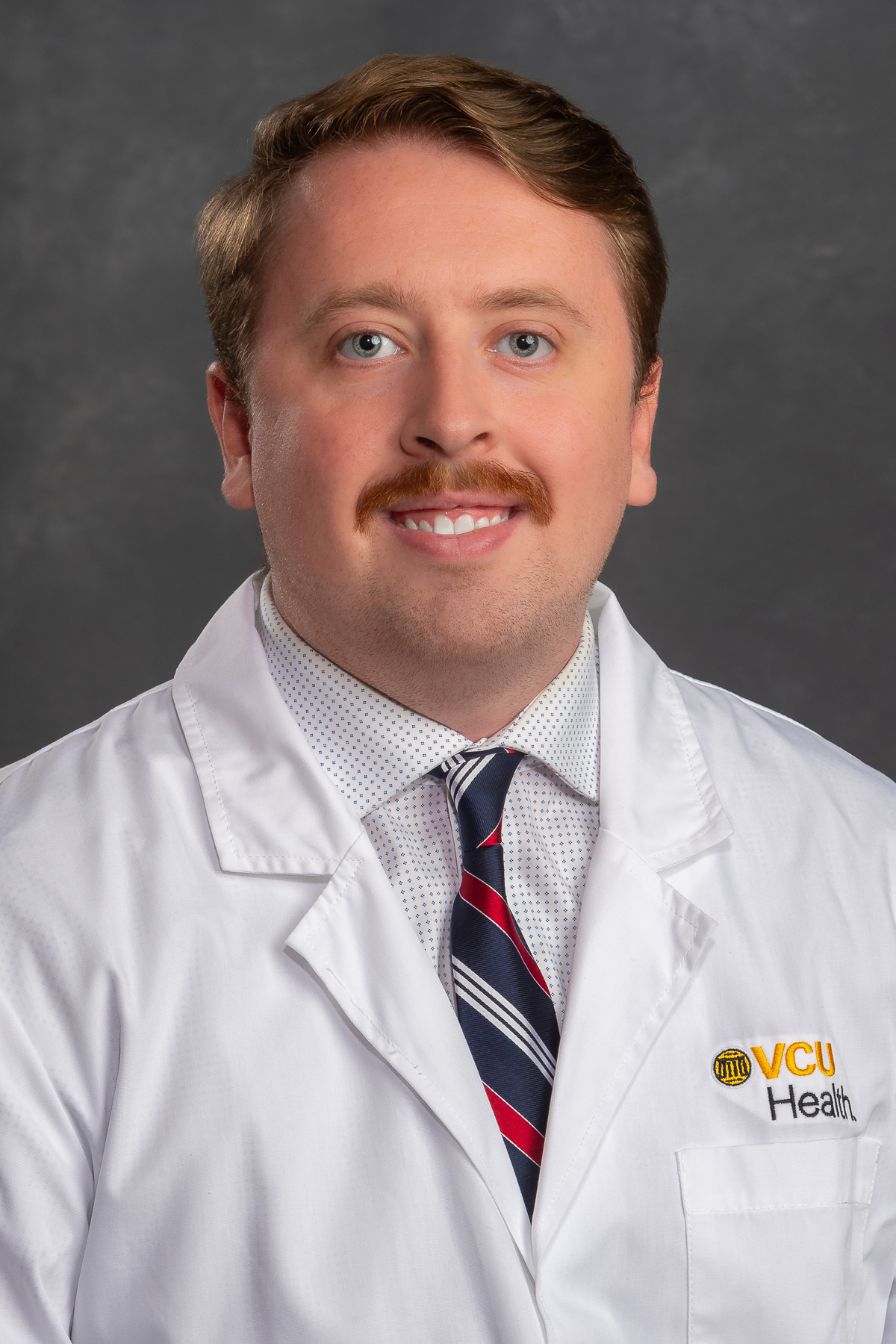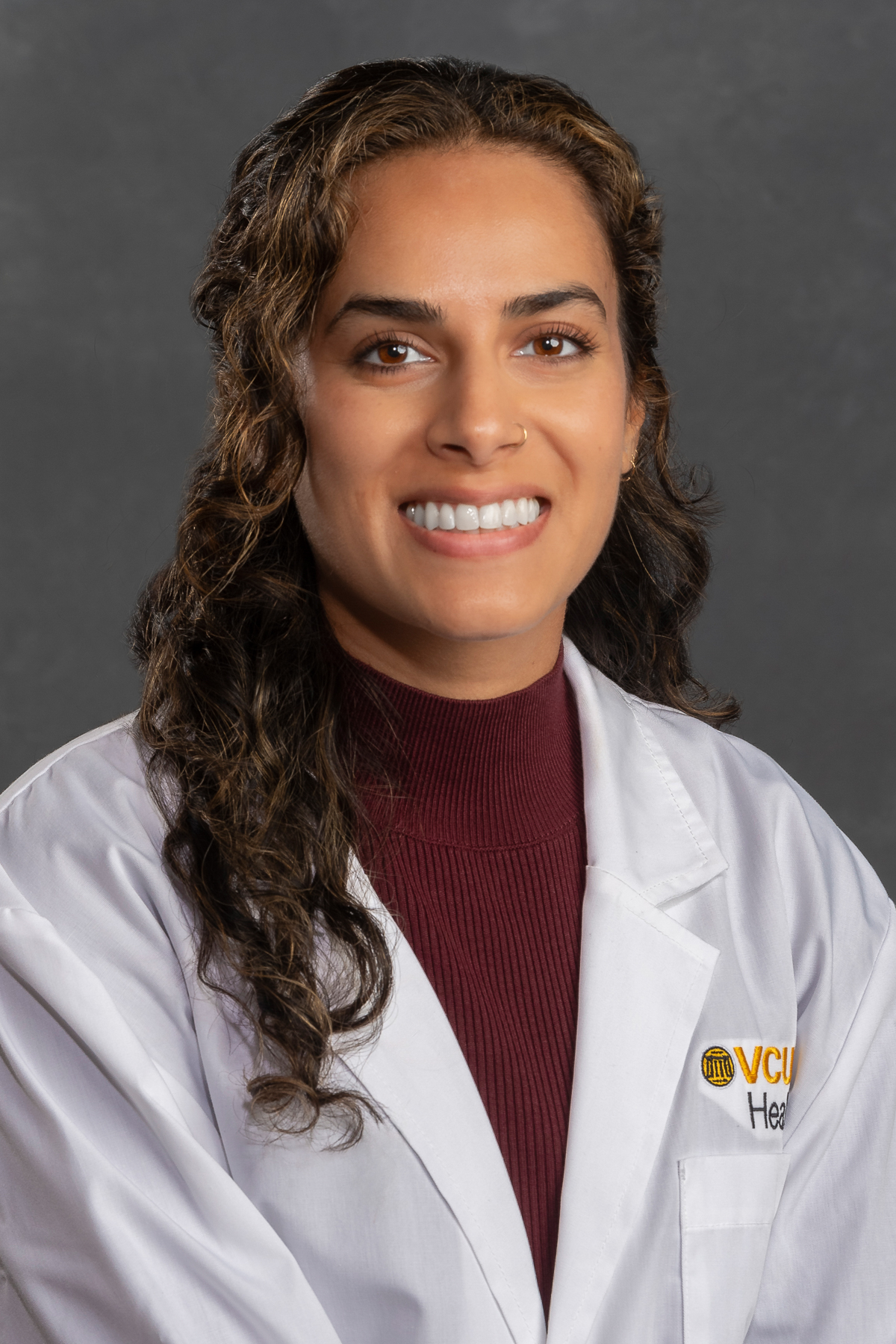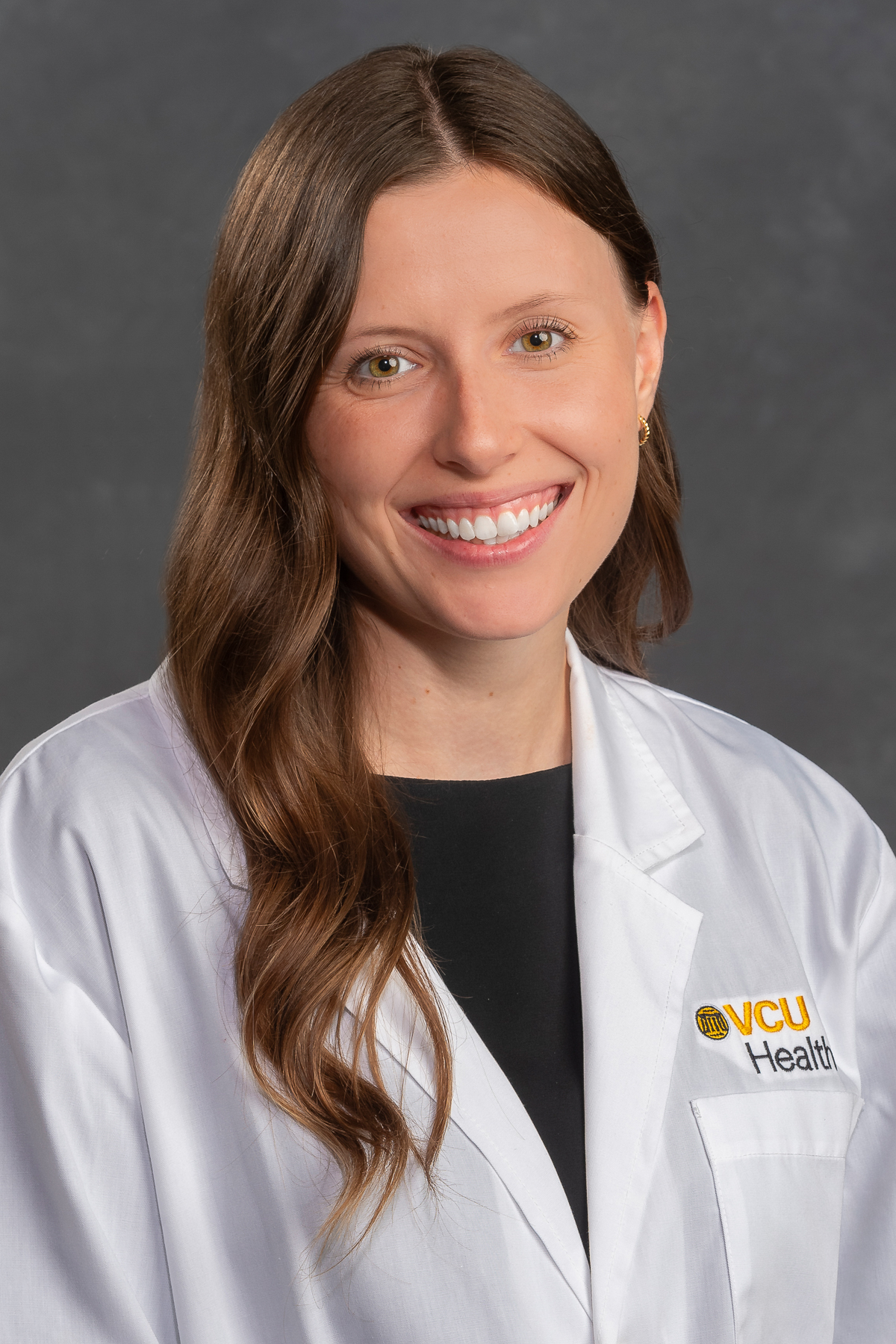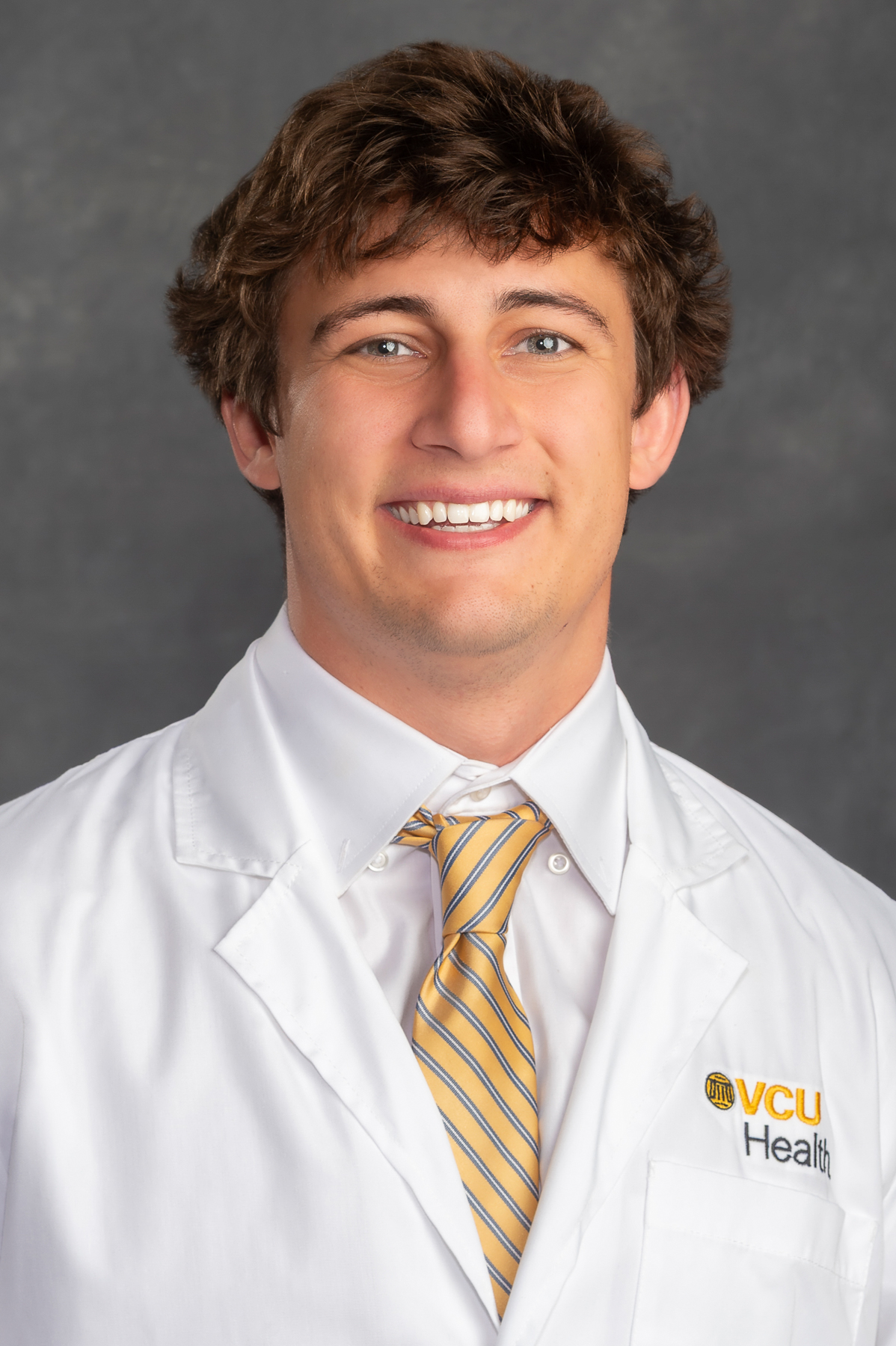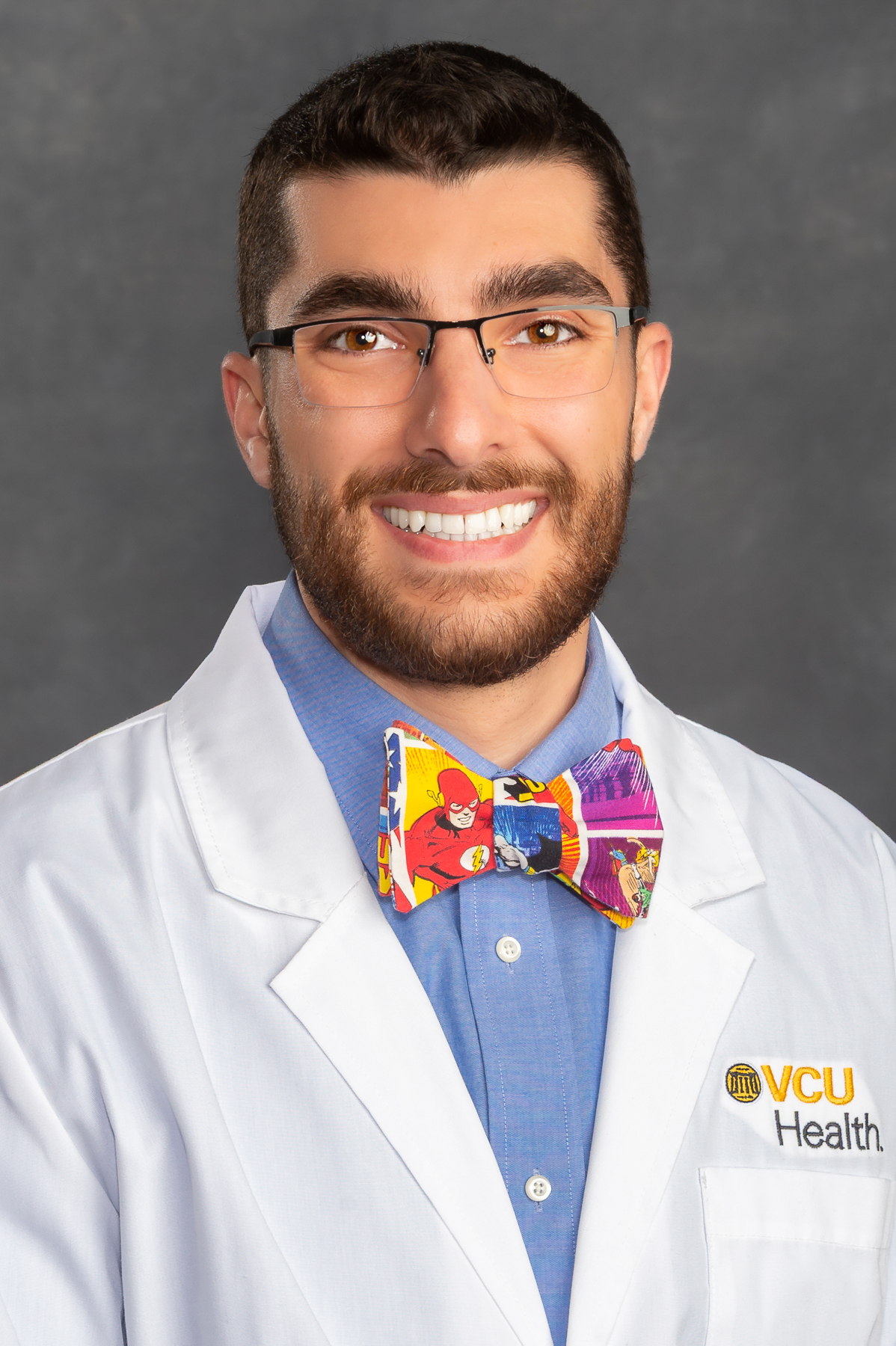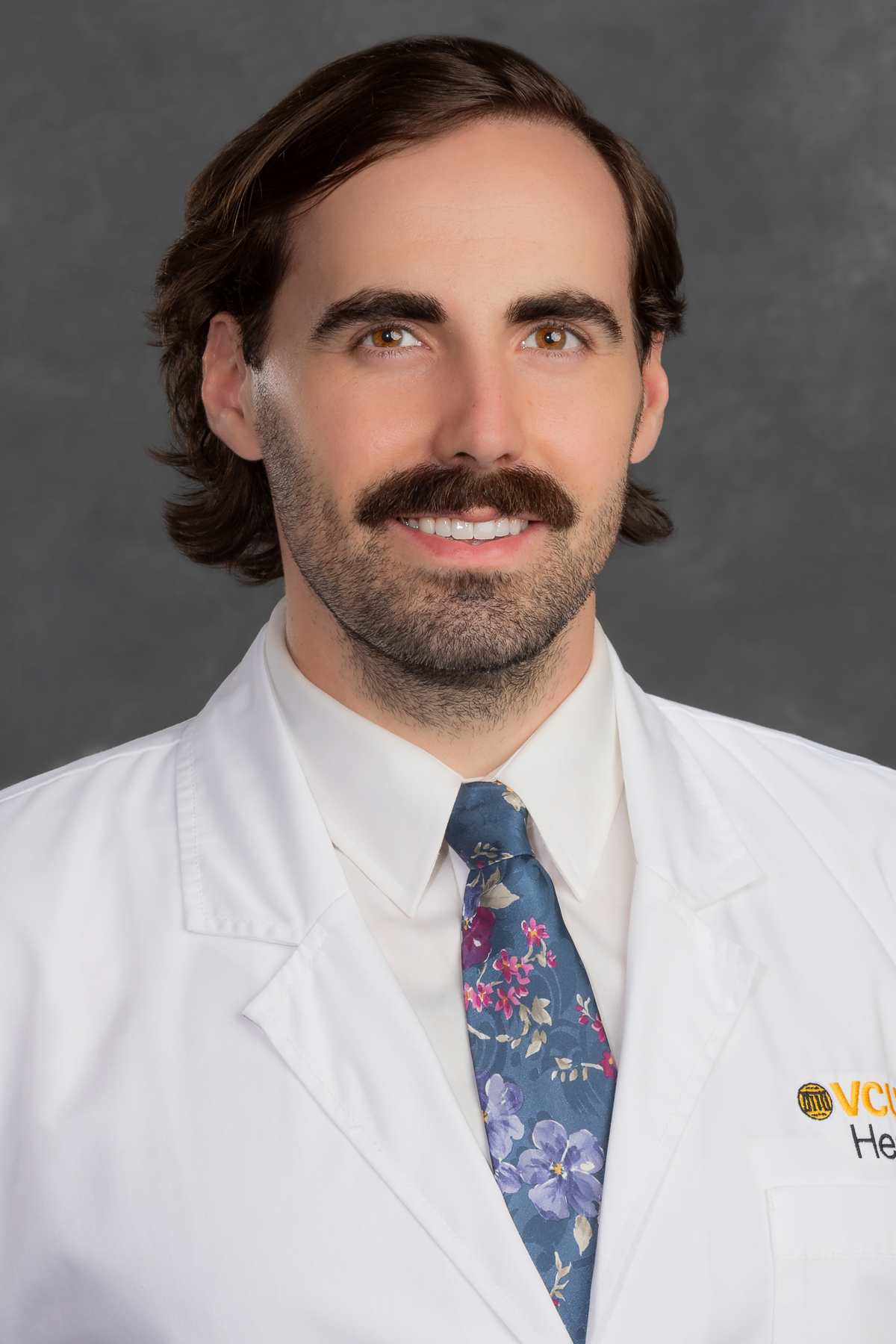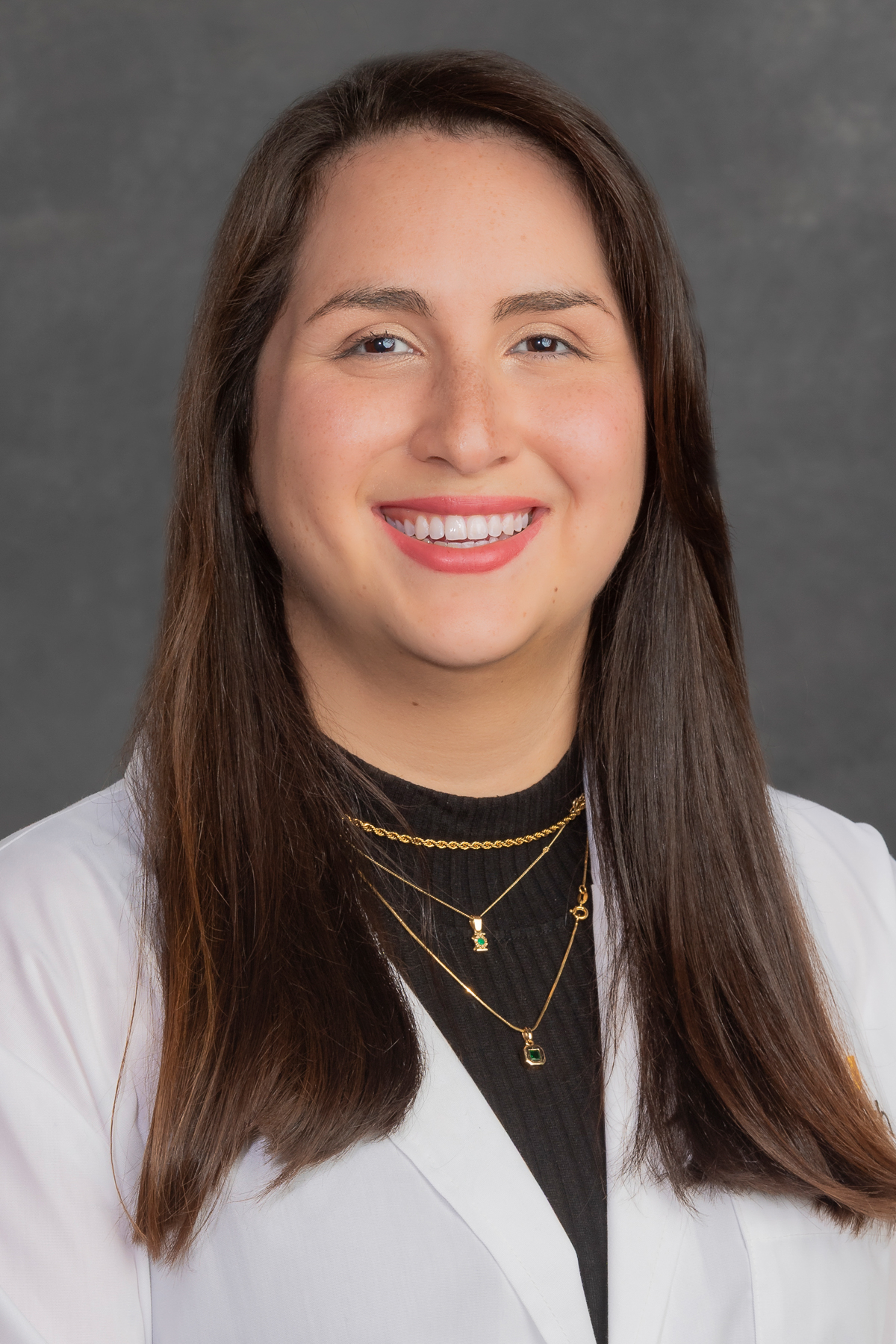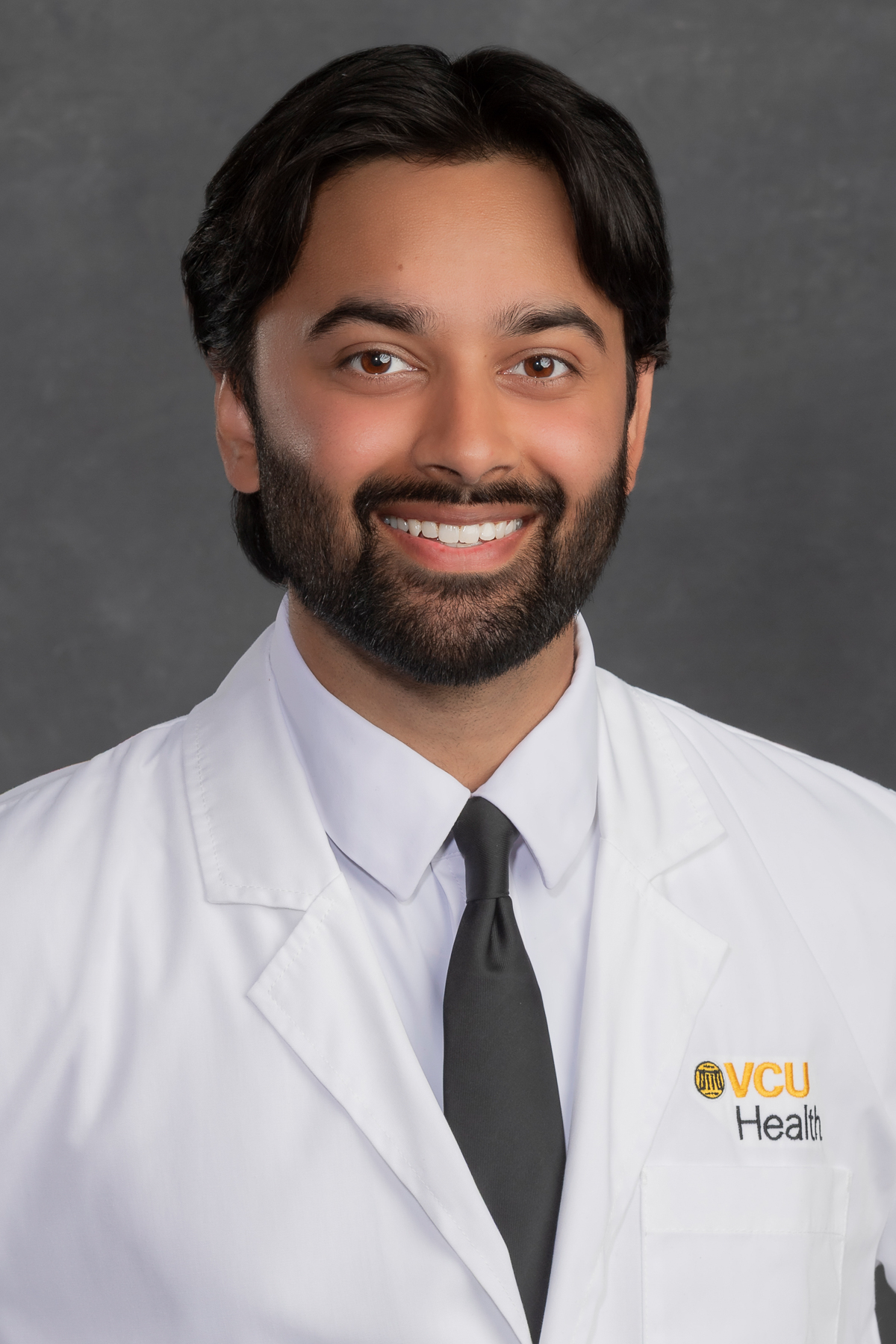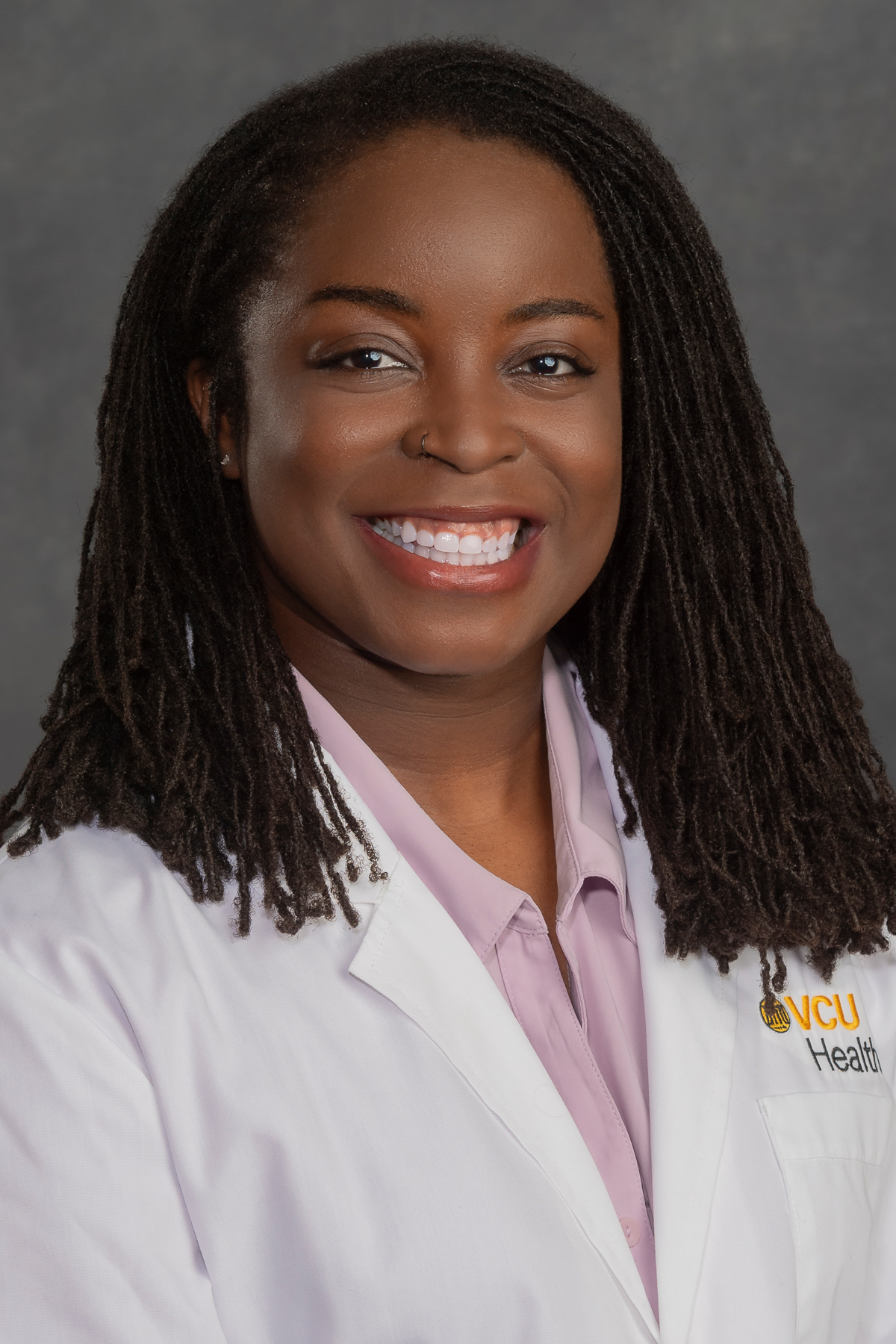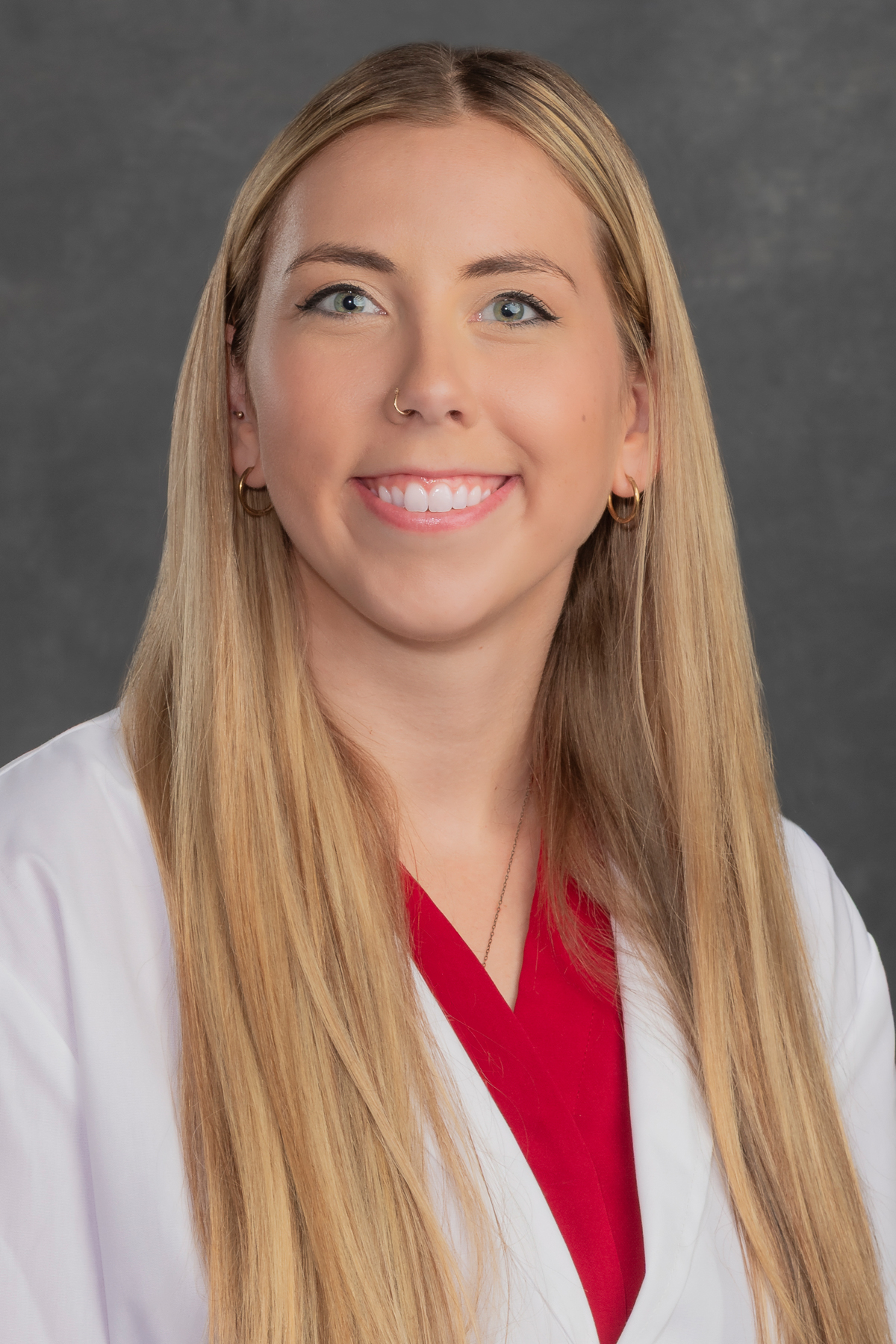About the Program
Located in an urban hospital setting, VCU’s Emergency Medicine Residency offers the opportunity to work alongside some of the brightest medical minds in the country.

VCU Medical Center is home to Virginia’s only Level 1 trauma center certified in adult, pediatric and burn care, which sees more than 100,000 patients each year. Residents develop resuscitation and critical care skills from training in the emergency department and rotating in multiple intensive care units. The program provides focused education in the multiple subspecialty areas of emergency medicibe.
Faculty and staff are readily available to help residents reach their full potential as physicians, and we seek to instill the highest professional standards so that graduates go on to provide top-quality and equitable care in hospitals across the country and advance the specialty of emergency medicine through scholarly activity and innovative research.
Mission
Virginia Commonwealth University Emergency Medicine Residency provides exceptional clinical training in an educational environment that supports and promotes inquiry, lifelong learning, scholarship, and equitable patient care. We aim to be leaders in educational innovation and provide learners with opportunities that allow individual development in many domains of emergency medicine. VCU Health and VCU EM provide care to a large number of underserved and vulnerable patients while promoting cutting edge discovery and patient care.
Program Aims
.jpeg) 1. Attract and retain outstanding residents who bring a wide range of experiences, perspectives, and strengths to our program.
1. Attract and retain outstanding residents who bring a wide range of experiences, perspectives, and strengths to our program.
2. Graduate exceptionally well trained physicians in the clinical practice of emergency medicine
3. Provide exposure and education so residents are competent and comfortable to care for patients from a variety of backgrounds/demographics and from minor to complex life-threatening complaints
4. Develop and graduate residents who are lifelong learners in emergency medicine
5. Support residents in developing and pursuing individual goals in EM training relating to aspects of emergency care and domains of emergency medicine
Why VCU?
At VCU, residents get a unique, well-rounded experience in one of only five Level I trauma centers in the Commonwealth of Virginia. Here are just a few factors that make our program stand out among the rest:
- Comprehensive training at a high-acuity academic medical center with a significant dedication to underserved populations
- State-of-the-art clinical and educational methods and technology to deliver hands-on education along with individualized personal and professional development for each of our residents
- Nationally renowned faculty members who are dedicated to teaching and training future leaders
- A family-like atmosphere that promotes wellness, resilience and community
Curriculum
Designed to maximize residents’ proficiency and comfort in treating a broad spectrum of patients, our curriculum relies heavily on educational experiences within the emergency department (ED) and focused training in subspecialty areas.
Residents transition into first-year responsibilities through an orientation block that combines clinical shifts with a small group training sessions and workshops, plus certification in advanced cardiac life support, advanced trauma life support and pediatric advanced life support. Residents get hands-on experience with the local EMS systems and undergo training in ultrasonography and management of airways.
First-year residents work 18 10-hour shifts during each four-week block in the ED, and one to two shifts per rotation are in the pediatric emergency department to provide a longitudinal experience in addition to the block of dedicated pediatric emergency medicine.
Residents may take three weeks of vacation each year.
PGY-1 Rotations
|
Introduction to Emergency Medicine |
4 weeks |
|
Emergency Medicine |
19 weeks |
|
Emergency Medicine Apprenticeship |
2 weeks |
|
Obstetrics |
2 weeks |
|
Pediatric Emergency Medicine |
4 weeks |
|
Trauma |
4 weeks |
|
Medical Respiratory Intensive Care Unit (ICU) |
4 weeks |
|
Anesthesiology |
3 weeks |
|
Emergency Orthopedic Procedures |
4 weeks |
|
Ultrasound |
2 weeks |
|
EMS |
1 week |
During the second year, residents manage airways for trauma resuscitations and care for the most severely ill and injured patients presenting to the ED and our ICUs.
PGY-2 Rotations
|
Adult Emergency Medicine |
19 weeks |
|
Pediatric Emergency Medicine |
4 weeks |
|
VA Medical Center Emergency Medicine |
4 weeks |
|
Community Emergency Medicine |
4 weeks |
|
Cardiac ICU |
4 weeks |
|
Cardiac Surgery ICU |
4 weeks |
|
Surgical and Trauma ICU |
4 weeks |
|
Clinical Decision Unit (Observation) |
2 weeks |
|
Toxicology |
3 weeks |
|
Advanced Ultrasound |
1 week |
|
Elective |
2 weeks |
The third year serves to advance resident autonomy and emphasize independence as physicians and leaders. Senior residents assume responsibility for managing the ED by helping to direct patient flow, taking transfer calls, supervising the care of patients under the direct care of more junior residents, and assisting in teaching interns and medical students in the department.
PGY-3 Rotations
|
Adult Emergency Medicine |
27 weeks |
| Community EM | 4 weeks |
|
Emergency Medicine Teaching |
2 weeks |
|
Pediatric Emergency Medicine |
4 weeks |
|
Pediatric ICU |
4 weeks |
|
Pediatric Anesthesiology |
1 week |
|
EMS |
2 weeks |
|
Elective |
4 weeks |
|
Advanced Ultrasound |
1 week |
Specialized Rotations
Residents get exposure to specialized areas of emergency medicine to enhance their ability to handle any scenario and to help them identify areas they may want to pursue for future study and development.
Residents get to expand their knowledge in toxicology through established curriculum, literature review, grand rounds, in-house consultations and the review of cases from the Virginia Poison Center.
Our program exposes residents to a multifaceted EMS system, ranging from mass casualty training to suiting up with the flight team. Our longitudinal curriculum begins during orientation, includes a week during first year, and completes with a two week capstone block in the final year of training.
Residents are not required to ride in flight or ground EMS, but those who are interested in the opportunity can learn more about the Critical Care Transport Network here.
As the home to a busy Level 1 trauma center and the only burn center in Virginia, VCU is an ideal setting for training in trauma care. Residents have ample opportunity to learn the skills necessary to manage trauma in all age groups, and trauma by all mechanisms.
Located within the ED, our 10 state of the art resuscitation bays are modular and designed to flex to double their capacity. Exam rooms are also equipped to function as overflow trauma areas to accommodate mass casualties or multiple trauma alerts in succession.
First-year residents participate in trauma resuscitations during their time in the ED and spend a dedicated month as part of the trauma team. During their second year, residents are responsible for securing all the trauma airways, and they assist in performing procedures such as central line placement and resuscitative thoracotomies. A month in the surgical trauma ICU develops confidence in the ongoing management of critically injured patients.
VCU provides world class pediatric care at the newly constructed Children’s Hospital of Richmond which is connected by sky bridge to the main hospital. Staffed by faculty trained in pediatric emergency medicine, the pediatric emergency department features 25 patient beds, a medical resuscitation bay, a trauma resuscitation bay, and access to all pediatric subspecialties as needed.
Read more about the Division of Pediatric Emergency Medicine.
VCU has implemented a longitudinal curriculum for teaching emergency ultrasound based on those endorsed by the American College of Emergency Physicians and the Society for Academic Emergency Medicine.
Residents gain experience in using ultrasound to diagnose hemothorax, pericardial effusion and hemoperitoneum in the context of trauma, plus transabdominal sonography and transvaginal ultrasonography among others. Our graduates perform on average over 500 ultrasounds during their training!
Longitudinal Tracks
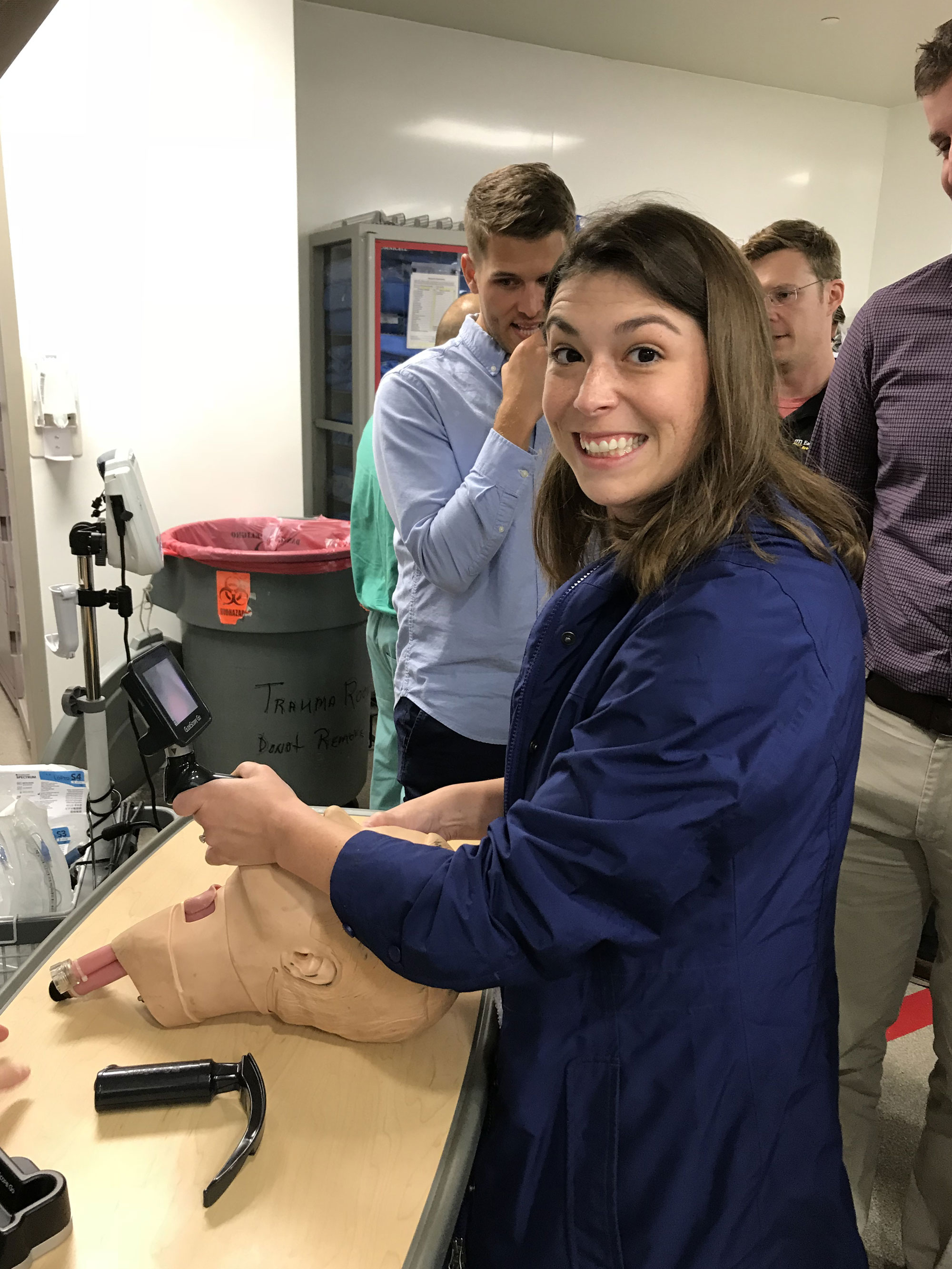 We provide our second- and third-year residents the optional opportunity to choose a longitudinal track for additional training in a niche within emergency medicine. Residents focus on one topic and follow a defined curriculum over the course of the academic year, with reduced shift requirements to contribute time toward this pursuit.
We provide our second- and third-year residents the optional opportunity to choose a longitudinal track for additional training in a niche within emergency medicine. Residents focus on one topic and follow a defined curriculum over the course of the academic year, with reduced shift requirements to contribute time toward this pursuit.
Residents may choose from a variety of tracks already available or assist us in the creation of a new track. Longitudinal tracks currently include:
- Administration
- Education
- EMS
- Evidence-based medicine
- Global health
- Pediatric emergency medicine
- Psychiatric emergencies
- Quality improvement
- Research
- Sports medicine
- Toxicology
- Ultrasound
- Wilderness medicine
Didactics
Each week of the academic year includes five hours of educational activities, during which residents are excused from clinical duty. These educational opportunities include the following:
- Conference design based on adult learning theory
- Class-specific small group education, including a resident-led, longitudinal, evidence-based performance improvement curriculum
- Grand rounds featuring national, regional and locally renowned speakers
- Joint conferences with the Departments of Internal Medicine and Surgery
- Two hours per conference day using small group learning or simulation, during which residents rotate through stations including oral boards, ultrasound, high-fidelity simulator cases and common procedure practice
- Monthly journal clubs at local restaurants or faculty homes to discuss articles, often with faculty from other departments
Resident Life
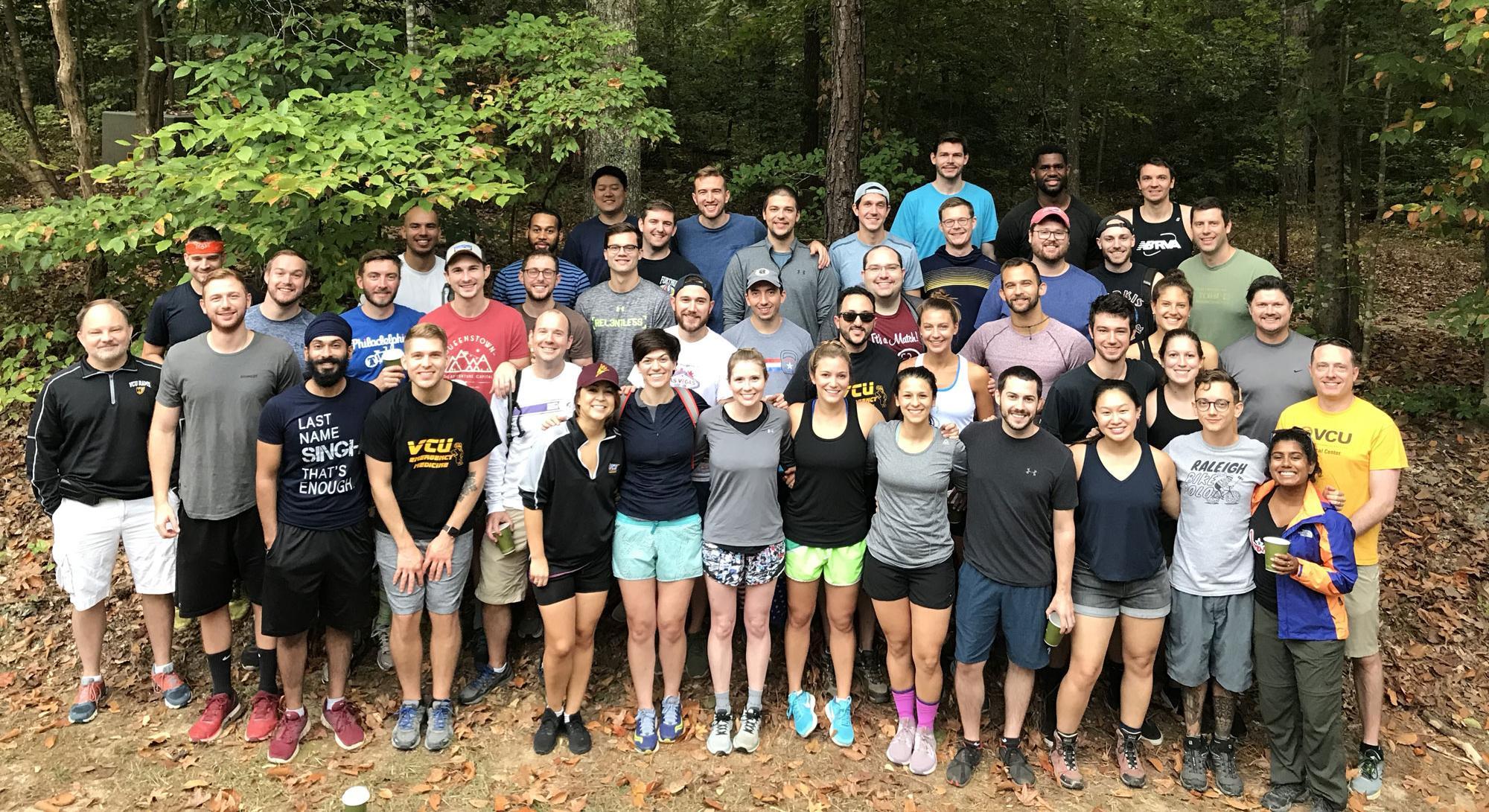 Residency is both exciting and challenging. Having graduated from medical school and chosen a specialty, residents are finally doctors, making crucial decisions that affect patients’ lives every day. It is both an immense honor and a huge responsibility, and we do everything we can to help residents navigate the demanding landscape of emergency medicine.
Residency is both exciting and challenging. Having graduated from medical school and chosen a specialty, residents are finally doctors, making crucial decisions that affect patients’ lives every day. It is both an immense honor and a huge responsibility, and we do everything we can to help residents navigate the demanding landscape of emergency medicine.
Our program requires hard work, personal growth and career development, but it wouldn’t be complete without activities outside of work that foster community, promote balance and prevent burnout.
Each year, emergency medicine residents participate in the following activities outside their clinical and academic duties:
- An overnight retreat at a location chosen by our resident wellness committee
- Weekly conferences and journal clubs where residents are able to interact with a variety of faculty
- Challenge Discovery, a teambuilding and leadership development program that includes a high ropes course and other boundary-pushing activities
- Multiple activities supported by residency combining education and wellness in emergency medicine
Life in Richmond
Urban life with a small-town feel
We encourage our students, residents and fellows to maintain a healthy work-life balance, and Richmond is a wonderful place to engage in that well-rounded lifestyle. As the capital of Virginia since 1779, Richmond attracts students, faculty and staff from around the globe. The city’s location affords easy day trips to destinations like Washington, DC, Virginia Beach, Colonial Williamsburg and the Blue Ridge Mountains, among others.
As a mid-sized city with a metropolitan population of 1.3 million, Richmond provides stimulating activities while maintaining its intimate feel and unique vibe. Vibrant neighborhoods offer distinct, diverse experiences, with no shortage of art galleries, museums, music venues, restaurants, breweries and parks. For the outdoor enthusiast, you can’t beat the offerings in the city’s riverfront parks and urban wilderness areas such as white-water rafting, hiking, mountain biking and festivals.
Learn more about our community.Salary and Benefits
VCU is proud to offer competitive salaries compared to housestaff across the Commonwealth of Virginia. Cost of living adjustments occur each year.
For current salary and benefits information, please visit the VCU Health GME website.
We offer three weeks of paid vacation each year, with an additional time off at either Christmas or New Years.
Residents also receive expense accounts to cover the costs of educational materials and conference attendance:
PGY-1: $1,600
PGY-2: $2,400
PGY-3+: $2,600
In addition to Professional Expense Account Funds, residents are given:
ROSH Review
First Aid for Emergency Medicine
The Department of Emergency Medicine is committed to supporting residents presenting original work at regional and national scientific conferences when they exceed the scope of the professional expense account.
Residents receive membership fee coverage for the following organizations:
- American College of Physicians
- American College of Emergency Physicians
- Emergency Medical Residents Association
- Society of Academic Emergency Medicine
- Virginia College of Emergency Physicians
We also provide subscriptions to the following publications, along with training tools to prepare for professional examinations:
- Academic Emergency Medicine
- Annals of Emergency Medicine
Health Insurance
Residents are eligible for a subsidized health insurance program. There are several plans to choose from to match your family's needs. All of the plans allow members to visit the provider of their choice without having a primary care referral.
- Health (family plan optional)
- Dental (optional)
- Disability
- Life
- Malpractice
Tax-Free Health Expenditure Account
All residents may contribute to a tax-free account that may be used to cover medical expenses not otherwise covered by their insurance. This is a great way to pay for medical expenses like eyeglasses, non-covered dental work, etc.
Subsidized Parking
Parking in a covered deck attached to the hospital is subsidized by VCU Health.
Retirement
Effective July 1, 2021 housestaff are part of the VCUHS Retirement Plan. Individuals will need to work three consecutive years at VCUHS, not counting any leave time, to be 100% vested. Housestaff will receive a base contribution from the health system (2% of salary for most residents and fellows) and will also be eligible for a 457(b) matching contribution
Sick Leave
Residents have up to 30 days of sick leave per academic year. Of this, 14 days can be used for paternity or family leave.
Family Leave
Once during residency, residents are eligible for up to 7 weeks of paid family leave.
Athletic Facilities
Residents are eligible to become members of the VCU athletic centers. With several locations throughout the city, including the state-of-the-art Cary Street Gym and the MCV Campus Recreation and Aquatic Center, residents receive a discounted membership fee. In addition, many of the athletic clubs around town offer discounts to VCU residents.
Libraries and Computing
VCU residents receive free access to VCU's award-winning online library collections, including UpToDate, MD Consult, Cochrane Collaboration, Rosen's Emergency Medicine online text and a host of free full-text journals such as the New England Journal of Medicine and Annals of Emergency Medicine. You can browse availability through VCU Libraries. In addition to the PACS radiology system available throughout the hospital, VCU Radiology Online allows physicians access to radiology studies as well as access to real-time dictations from any Internet terminal on campus.
Meal Stipend
Residents will receive a stipend to cover on-call meals. The stipend can be used at any food vendor at VCU as well as at select vending machines. Current food vendors include Wendy's, Subway, Chick-Fil-A, Panera Bread Company, as well as the cafeteria which offers sushi made fresh daily. The total amount is calculated based on number of call shifts and the location of rotations. Separate meal tickets are provided for residents at the VA during inpatient rotations there in addition to the food items stocked in the resident lounge.
Other Benefits
- Personalized VCU Health vests (2)
- Six hours tuition credit per semester for any VCU course
- Day care facilities for infants and children
- Yearly in-training examination
- Voice-recognition software for chart dictation
- Scribe use for senior residents in the Emergency Department
How to Apply
The VCU Department of Emergency Medicine participates in the National Resident Matching Program (NRMP), and prospective residents can apply using the ResidencyCAS system.
Each year we accept 12 residents through the match, plus two residents from the Air Force. Air Force applicants may apply through the Medical Operational Data System, which is only accessible from computers on a military network. We also accept two residents annually for the combined Emergency Medicine and Internal Medicine (EM-IM) Residency. Learn more about our EM-IM program here.
VCU EM Application Requirements
- Test scores
- USMLE Step 1/COMLEX Level 1 score
- USMLE Step 2/COMLEX Level 2 score highly encouraged prior to interview offer
- Note: Students taking the COMLEX are NOT required to also take USMLE
- Notarized copy of visa (if applicable – VCU can only sponsor J-1 clinical visas)
- Letters of recommendation: A minimum of three, including at least one Standardized Letter of Evaluation (SLOE) from an EM rotation though two EM SLOEs are preferred
Use ResidencyCAS to apply to VCU Emergency Medicine for Main Match/SOAP.
Everyone is Welcome Here!
VCU Emergency Medicine residency welcomes everyone. A major focus and goal of the program is to embrace and celebrate the humanity that we care for every day in our ED, and to appreciate all providers and learners so we can better understand our community. We hope to teach and deliver more holistic care to those that entrust us with their health.
Program Leadership
Click each card for more information.
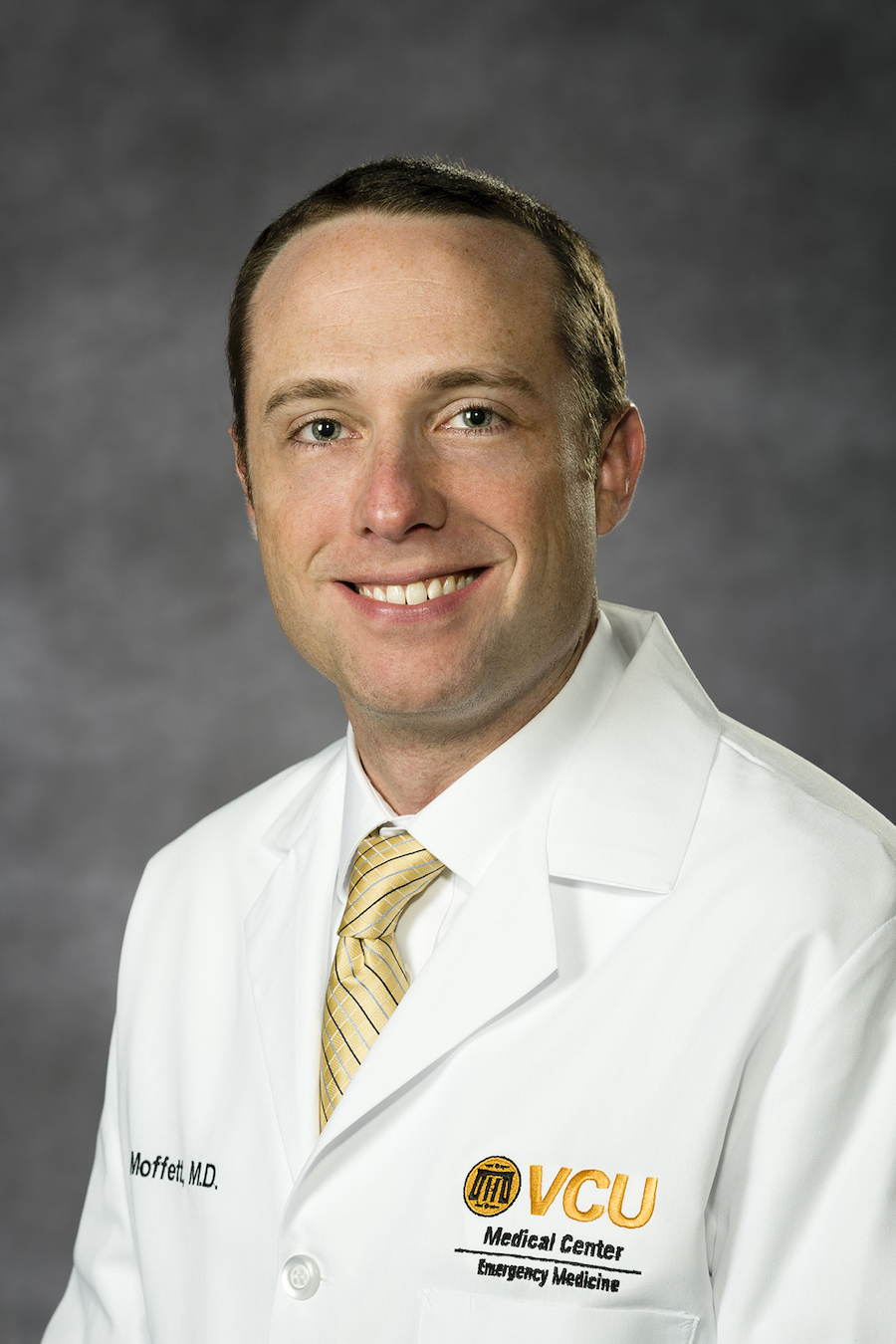
Peter Moffett, MD, FACEP
Program Director

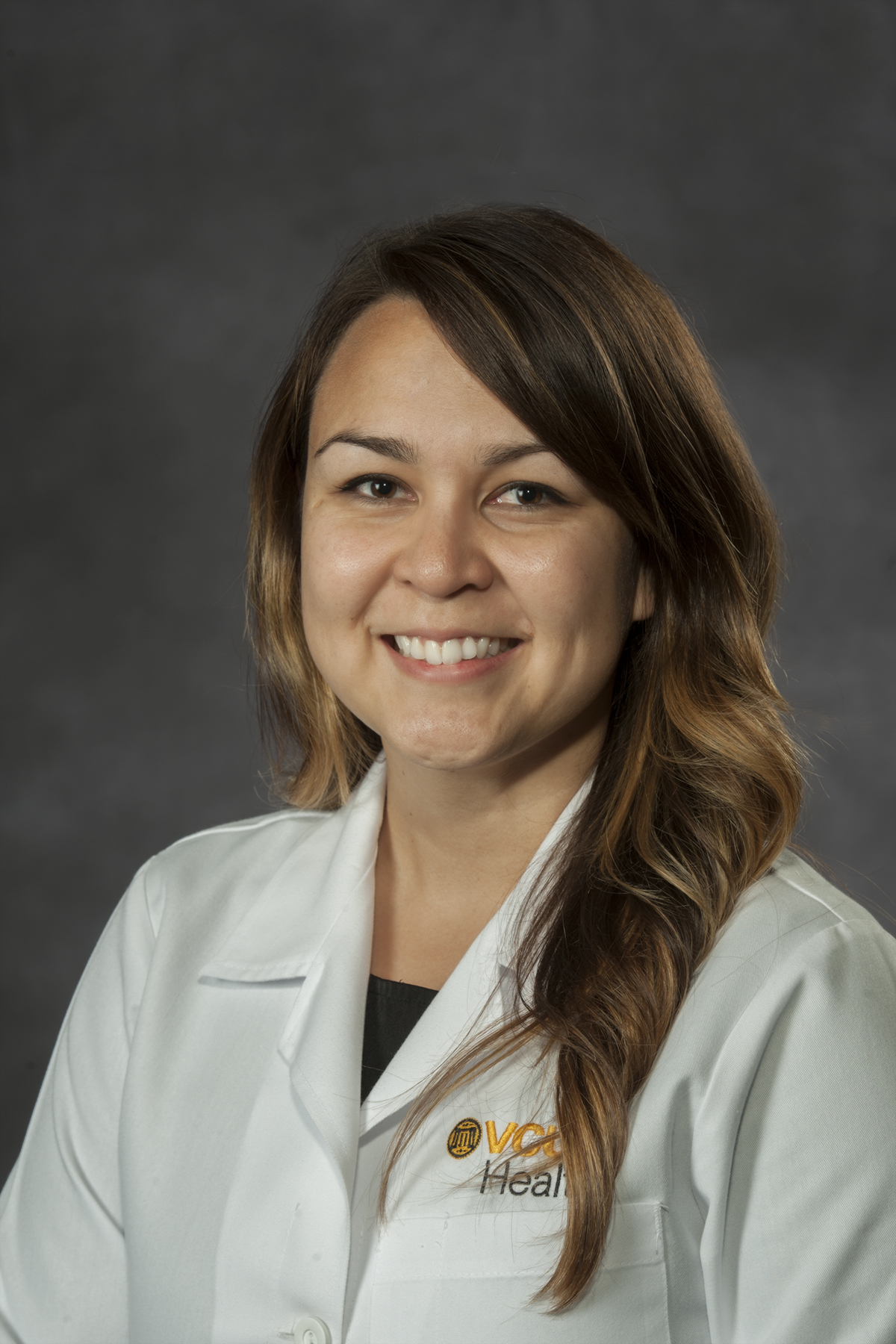
Grace Hickam, MD
Assistant Program Director

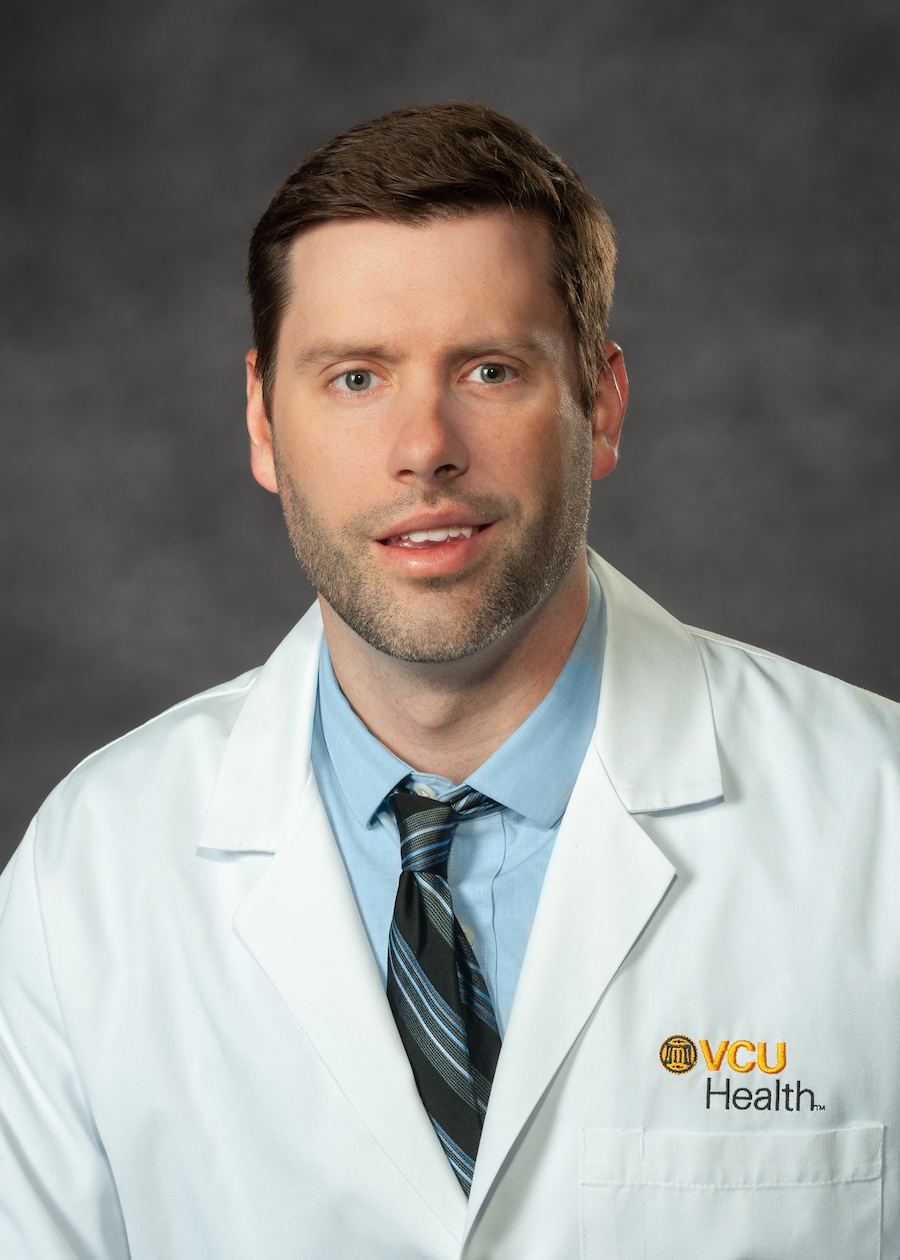
Stephen Miller, DO
Assistant Program Director

Stephen Miller, DO
Assistant Program Director
Emergency Medicine
Email: stephen.miller@vcuhealth.org
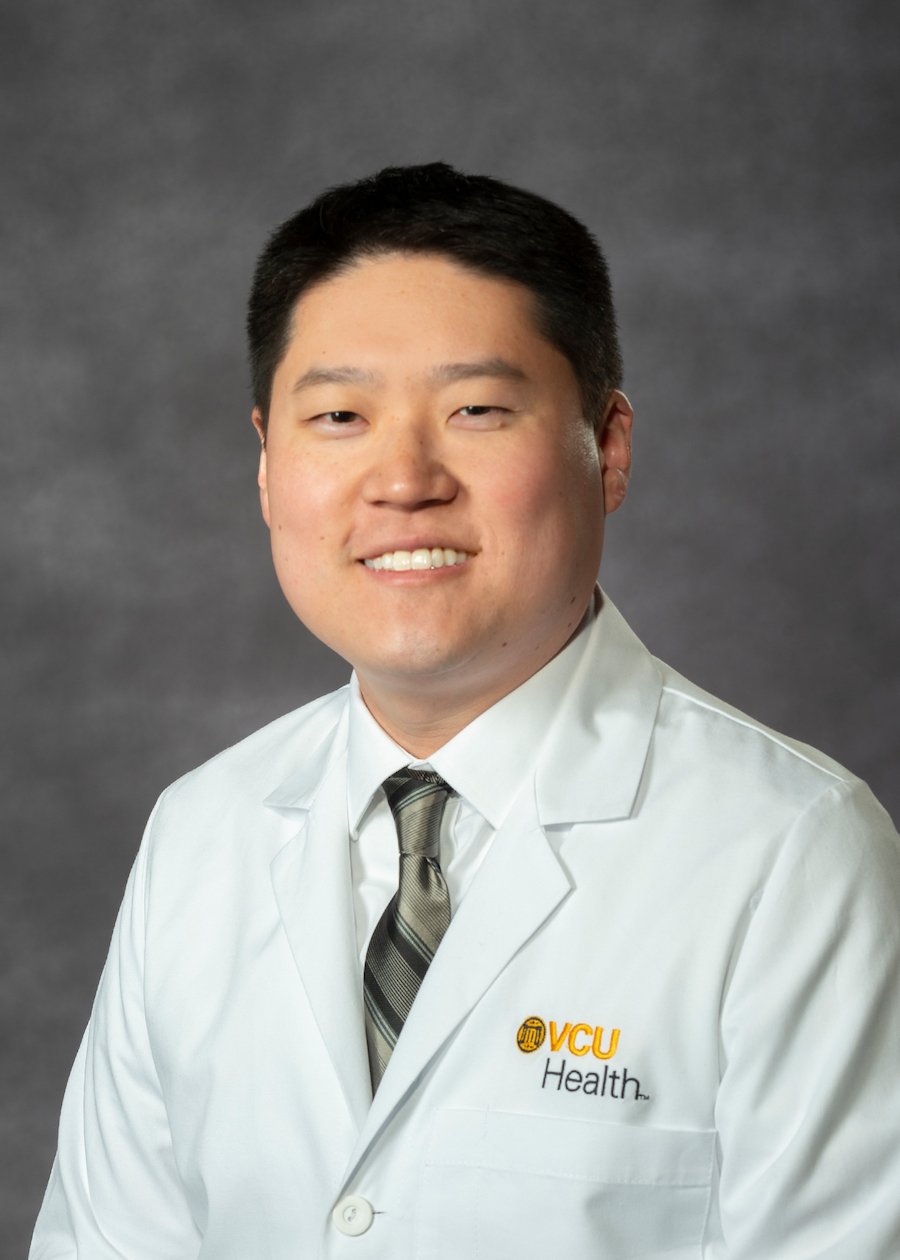
Nathan Lewis, MD, FACEP
Assistant Program Director

Nathan Lewis, MD, FACEP
Assistant Program Director
Emergency Medicine
Email: nathan.lewis@vcuhealth.org
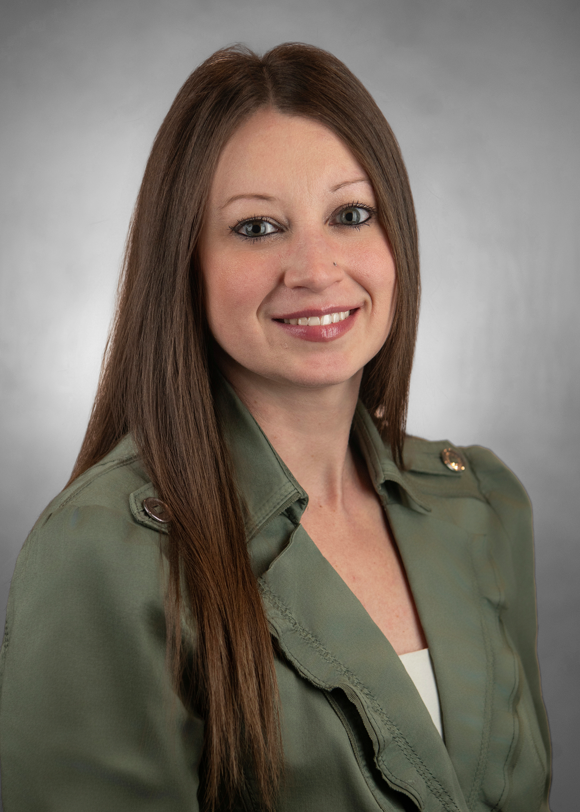
Kindle Zimmerman
Program Coordinator

Kindle Zimmerman
Program Coordinator
Emergency Medicine
Phone: 804-828-1405
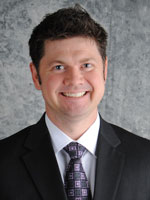
Kevin Keller, MS
Program Coordinator

Residents
Meet our current residents and learn more about why they chose VCU.
PGY-3
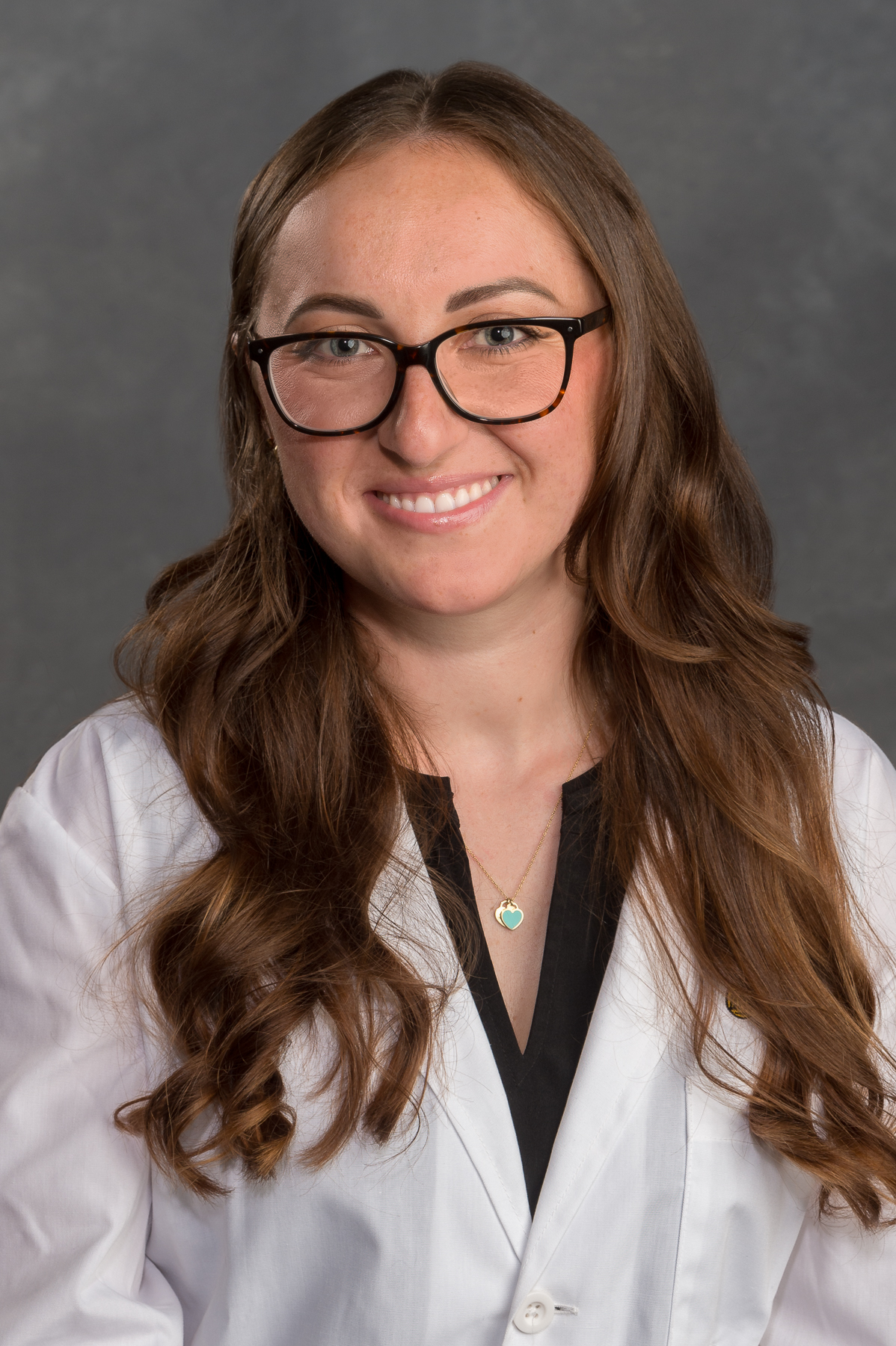
Enjana Bylykbashi, MD

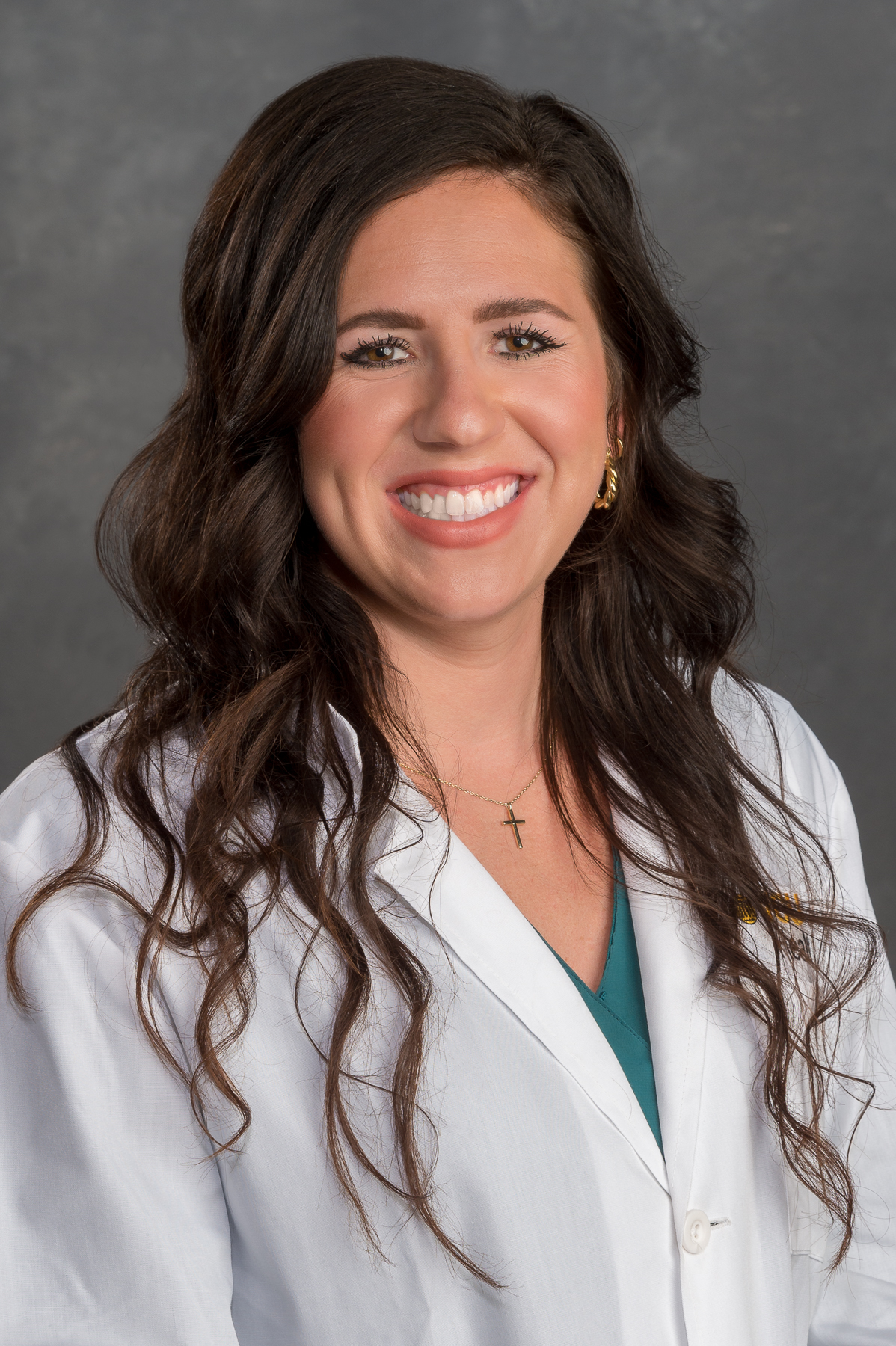
Brittany Davis, DO
Chief Resident

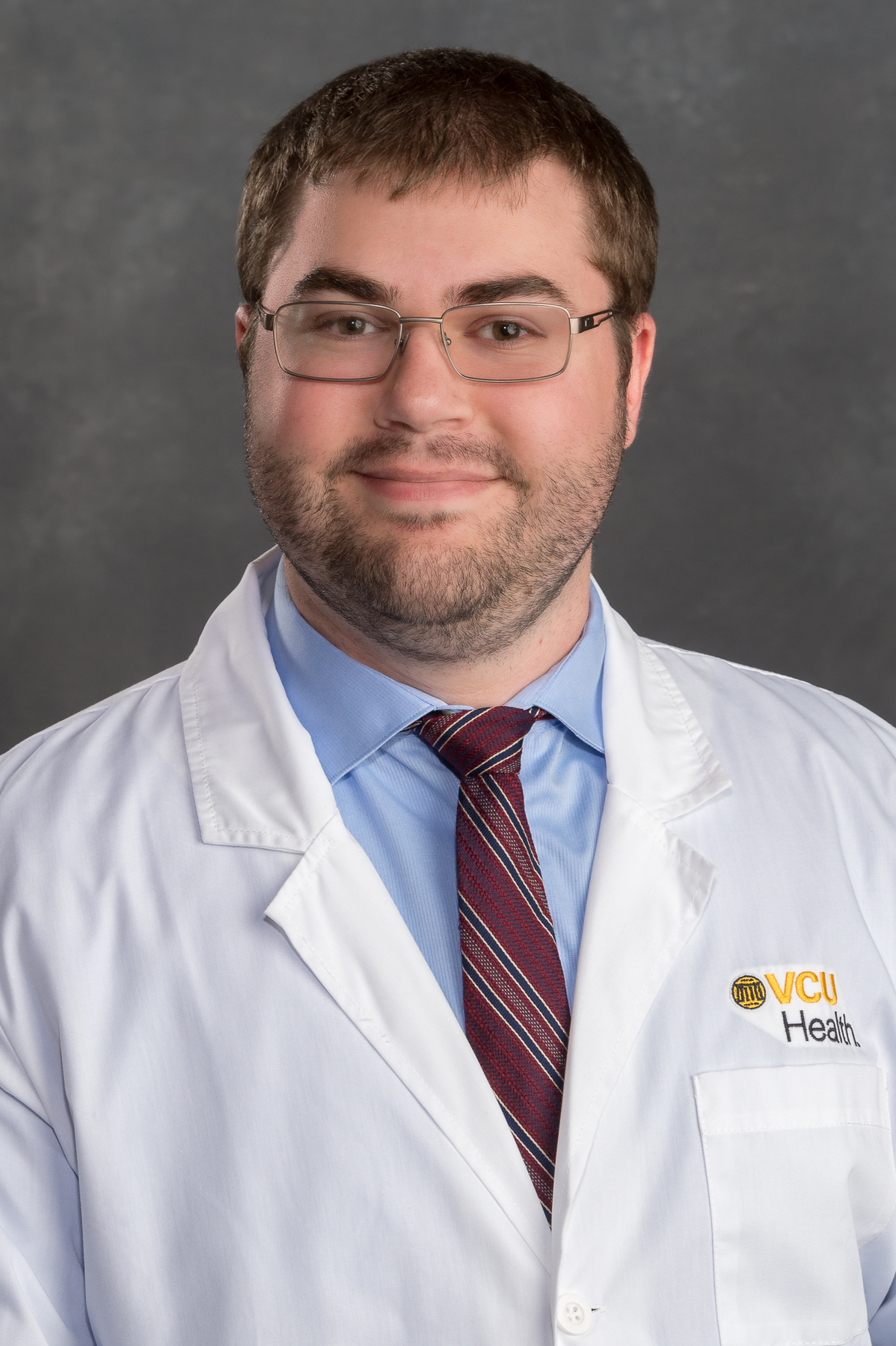
Brian Kesselring, DO

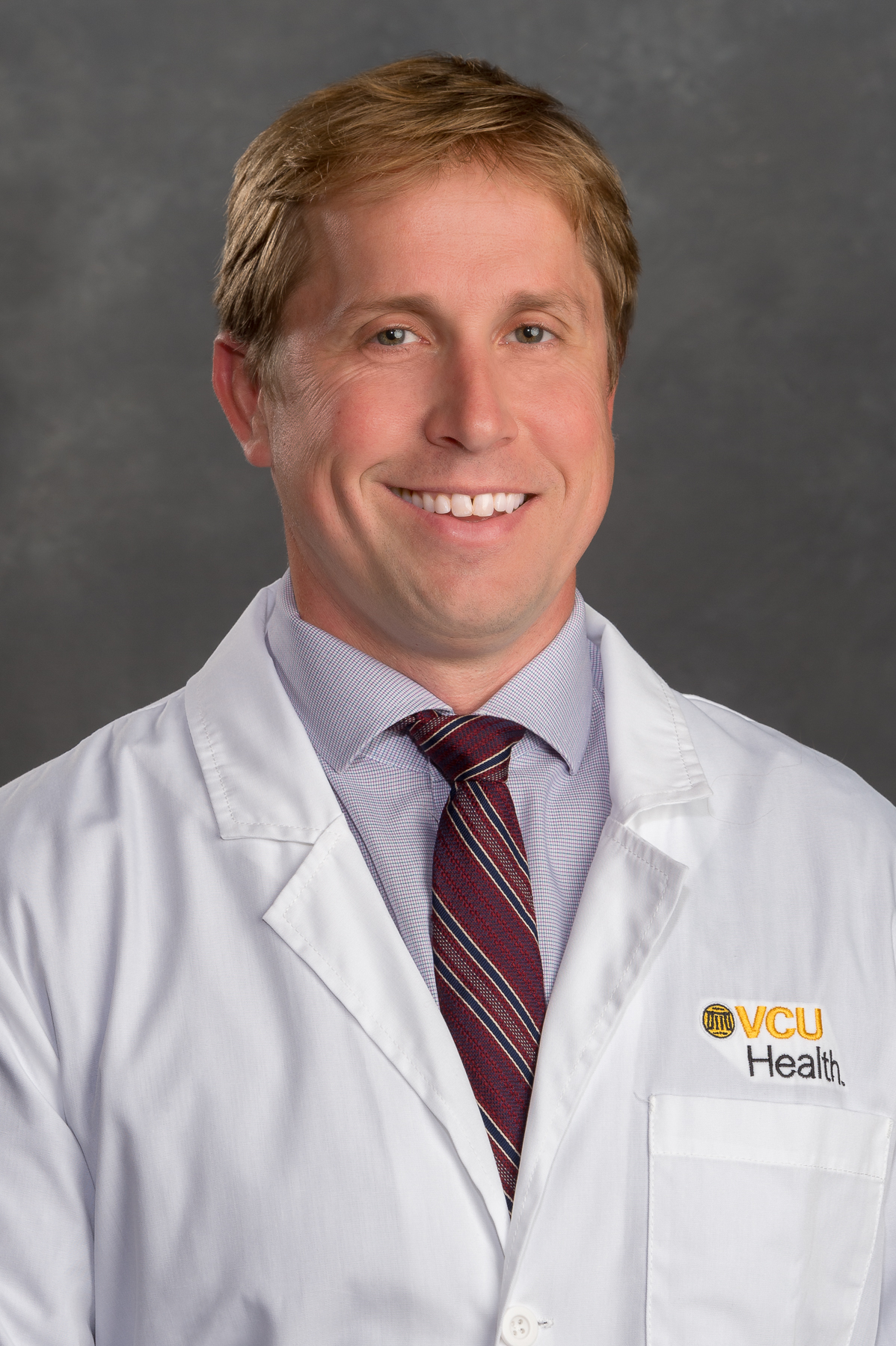
Daniel Owens, MD
Chief Resident

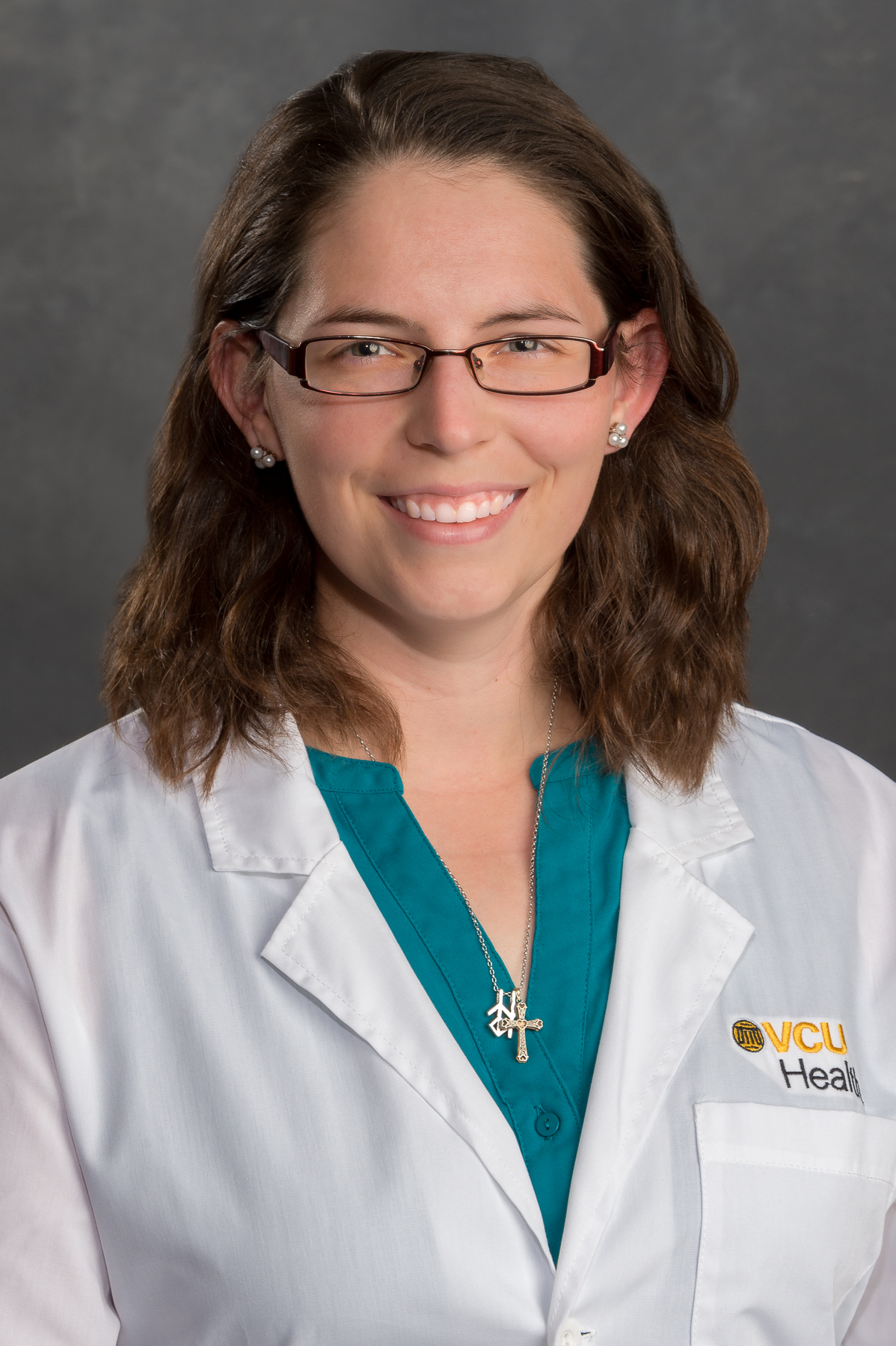
Rebecca Pilkington, MD
Chief Resident

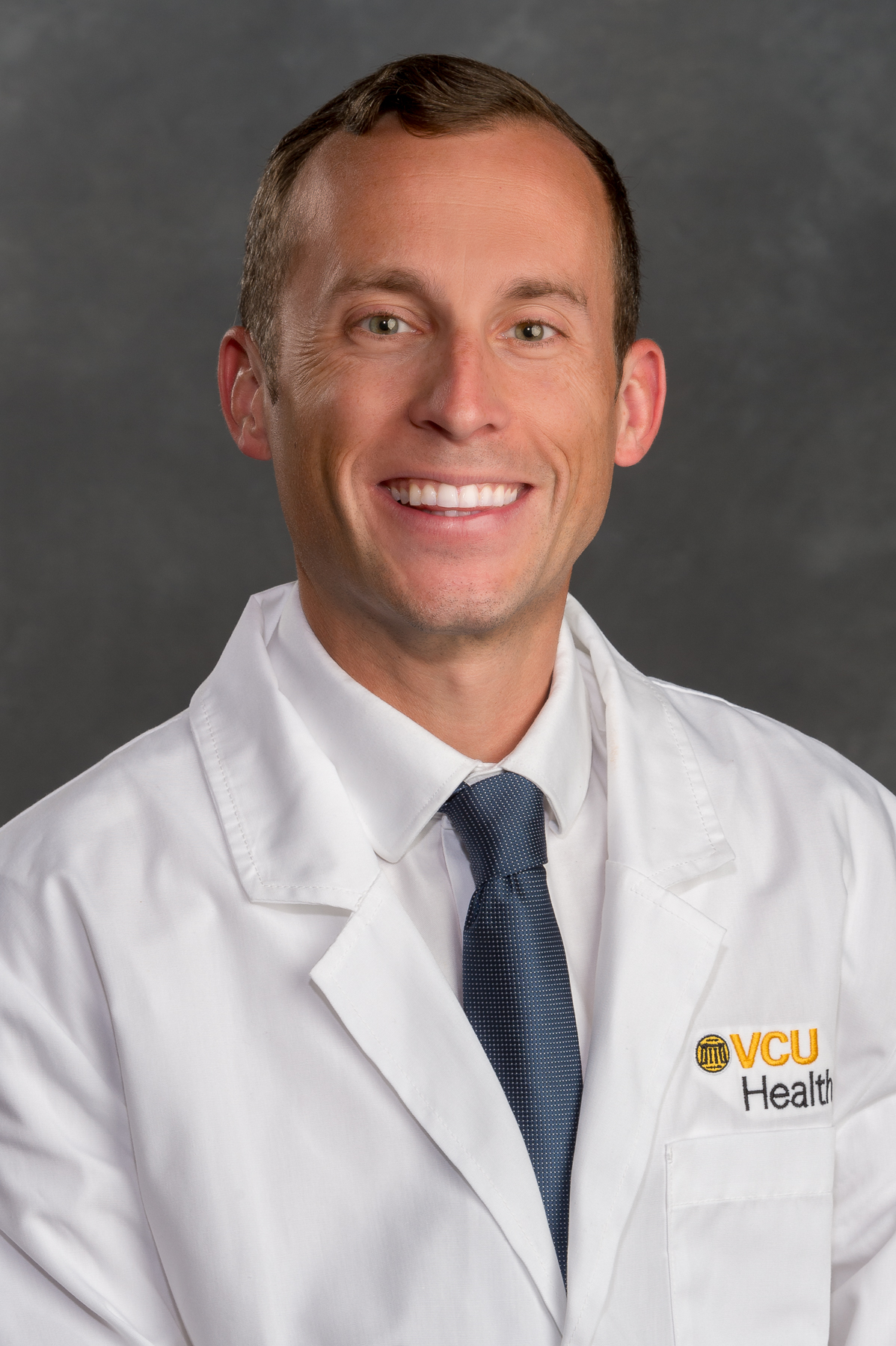
Matt Sandridge, DO

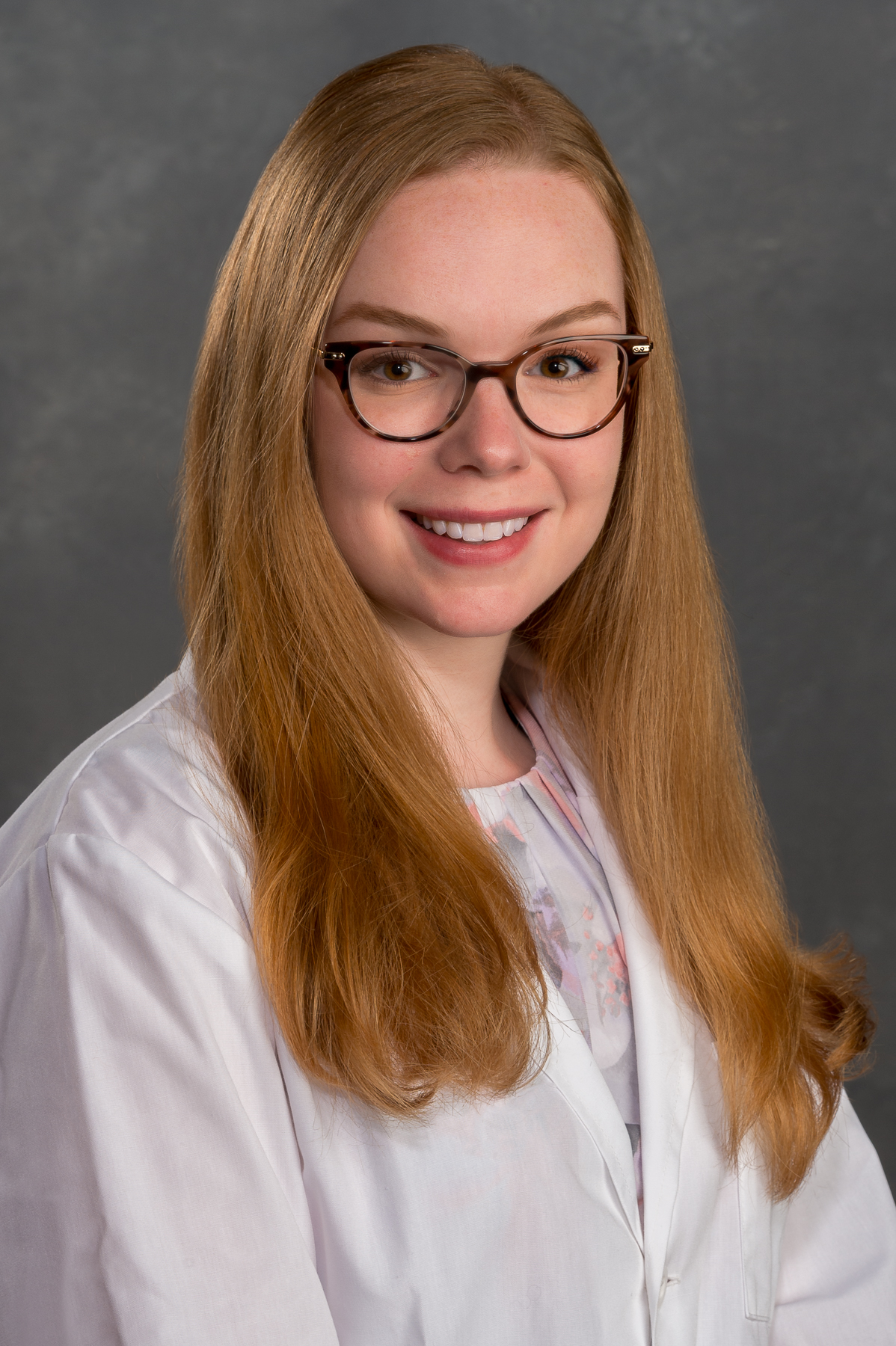
Abigail Stanley, DO
Chief Resident

PGY-2
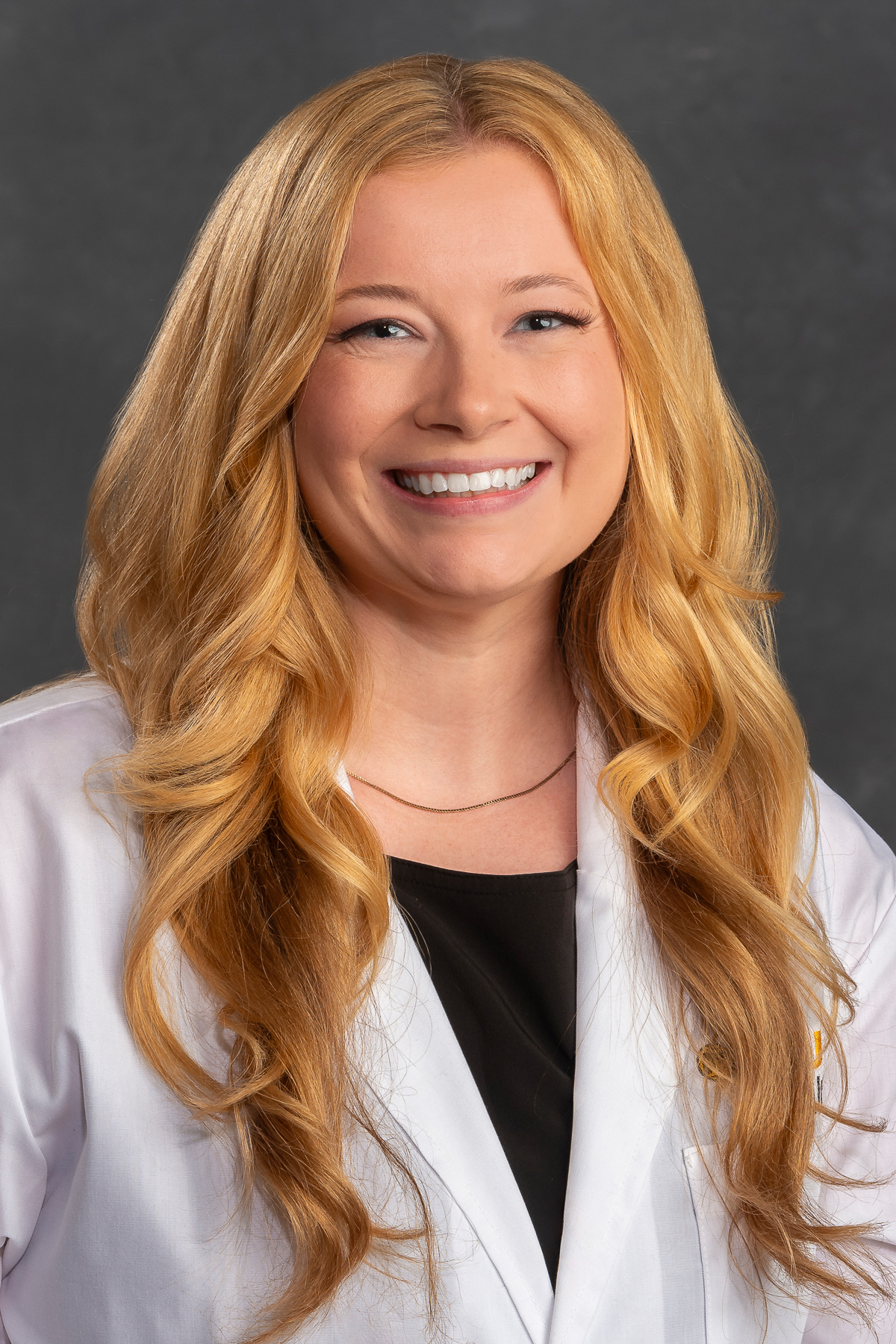
April Alexander, DO

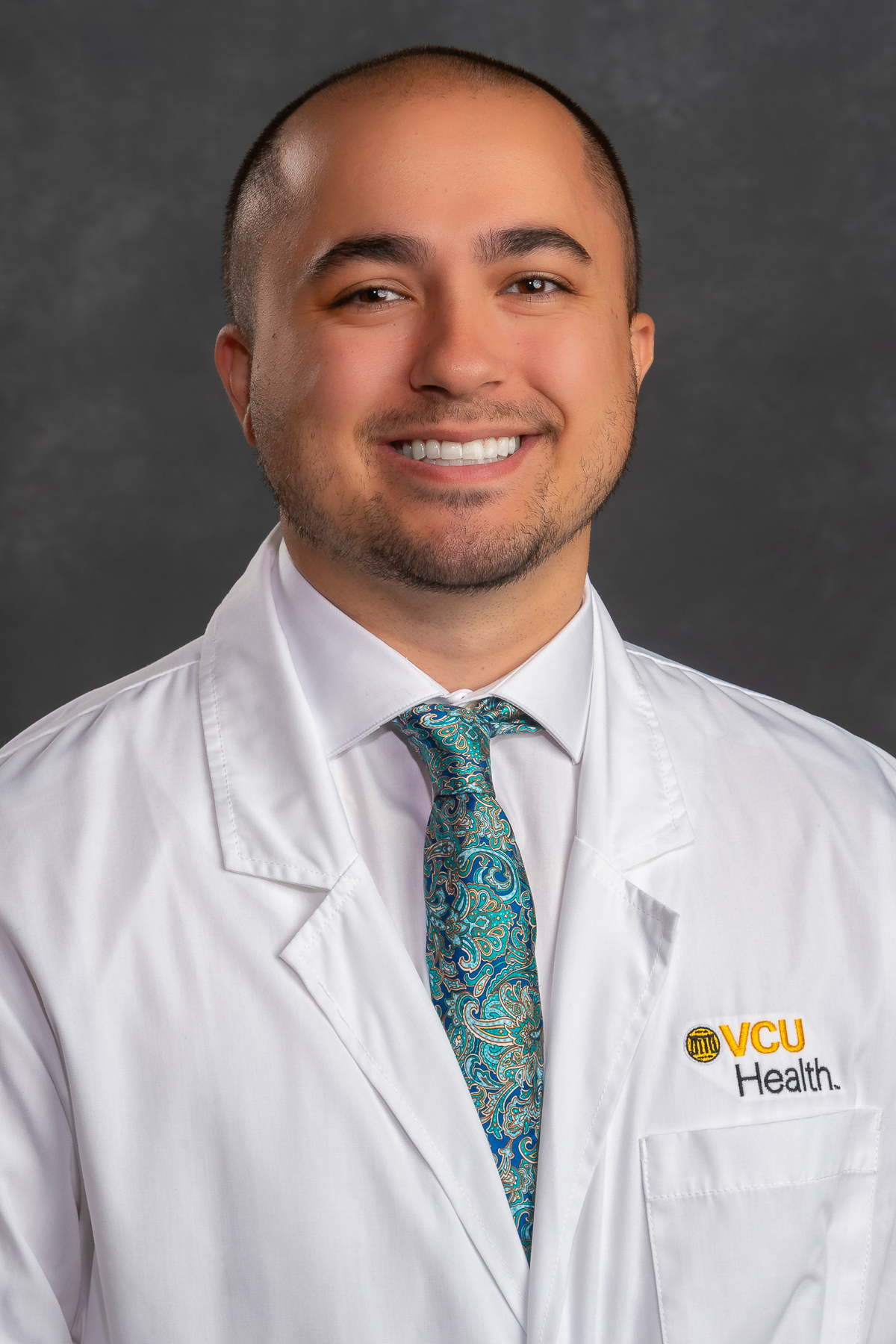
Robert Buckshaw, DO

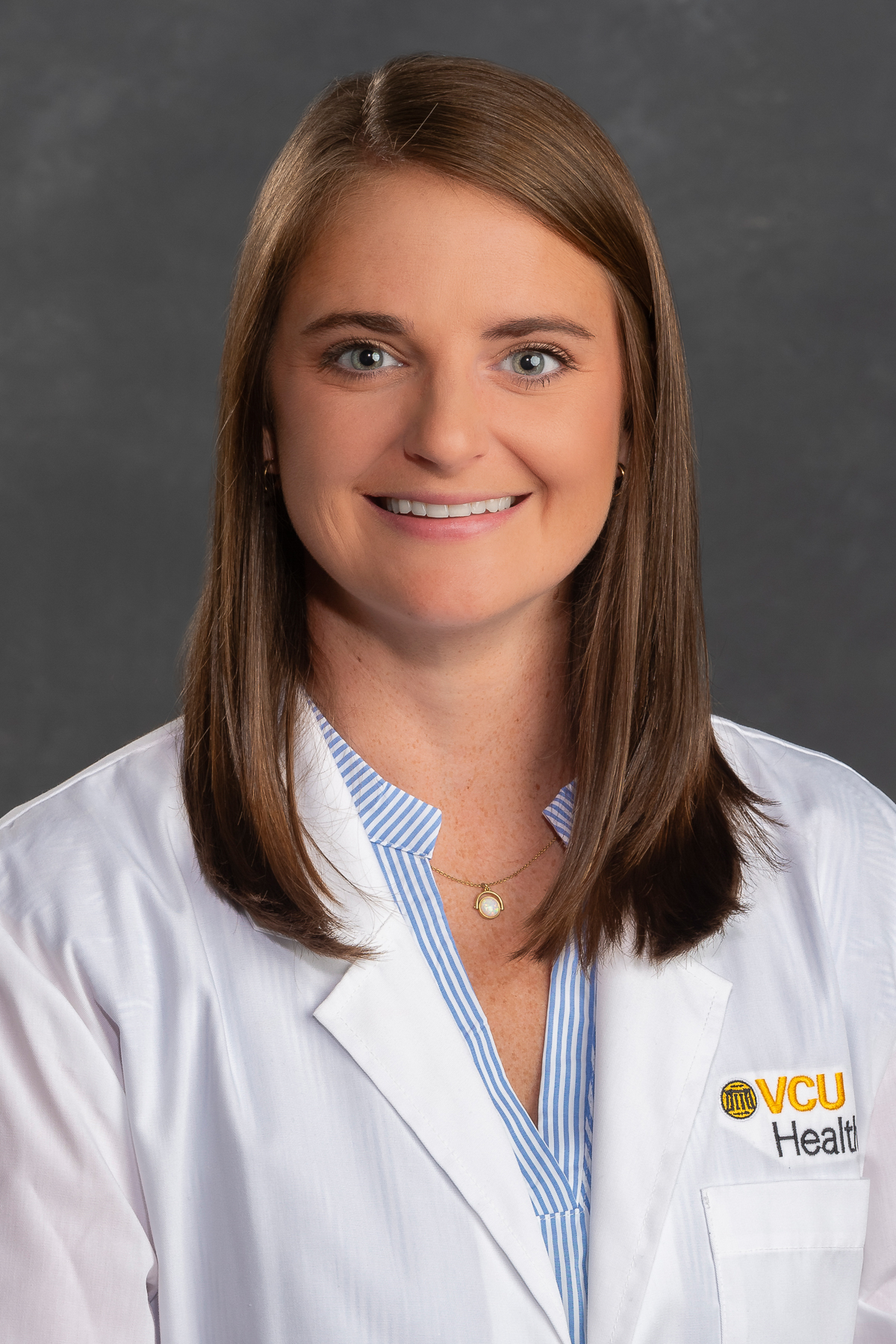
Boykin Eshleman, MD

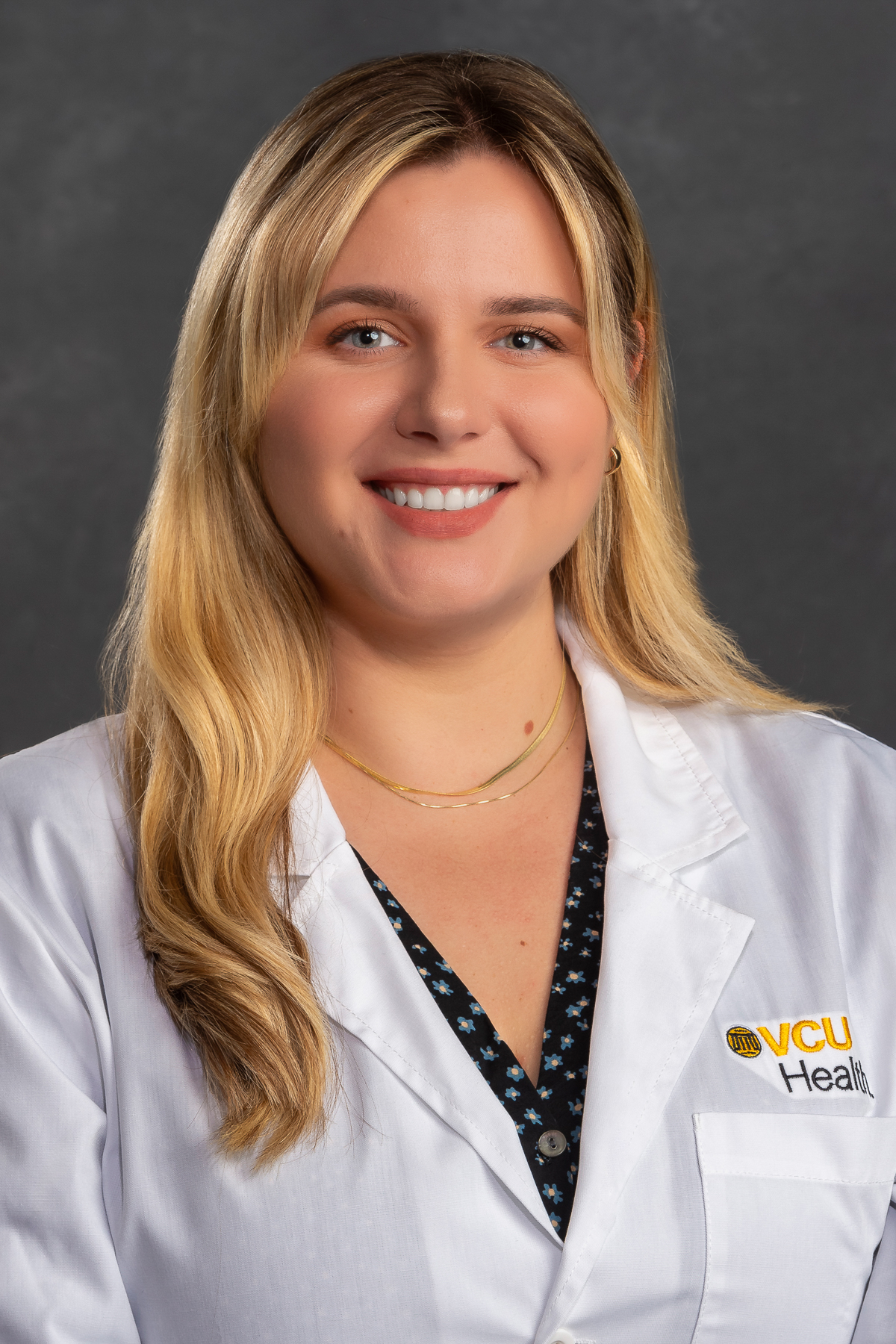
Diana Lacatusu, DO

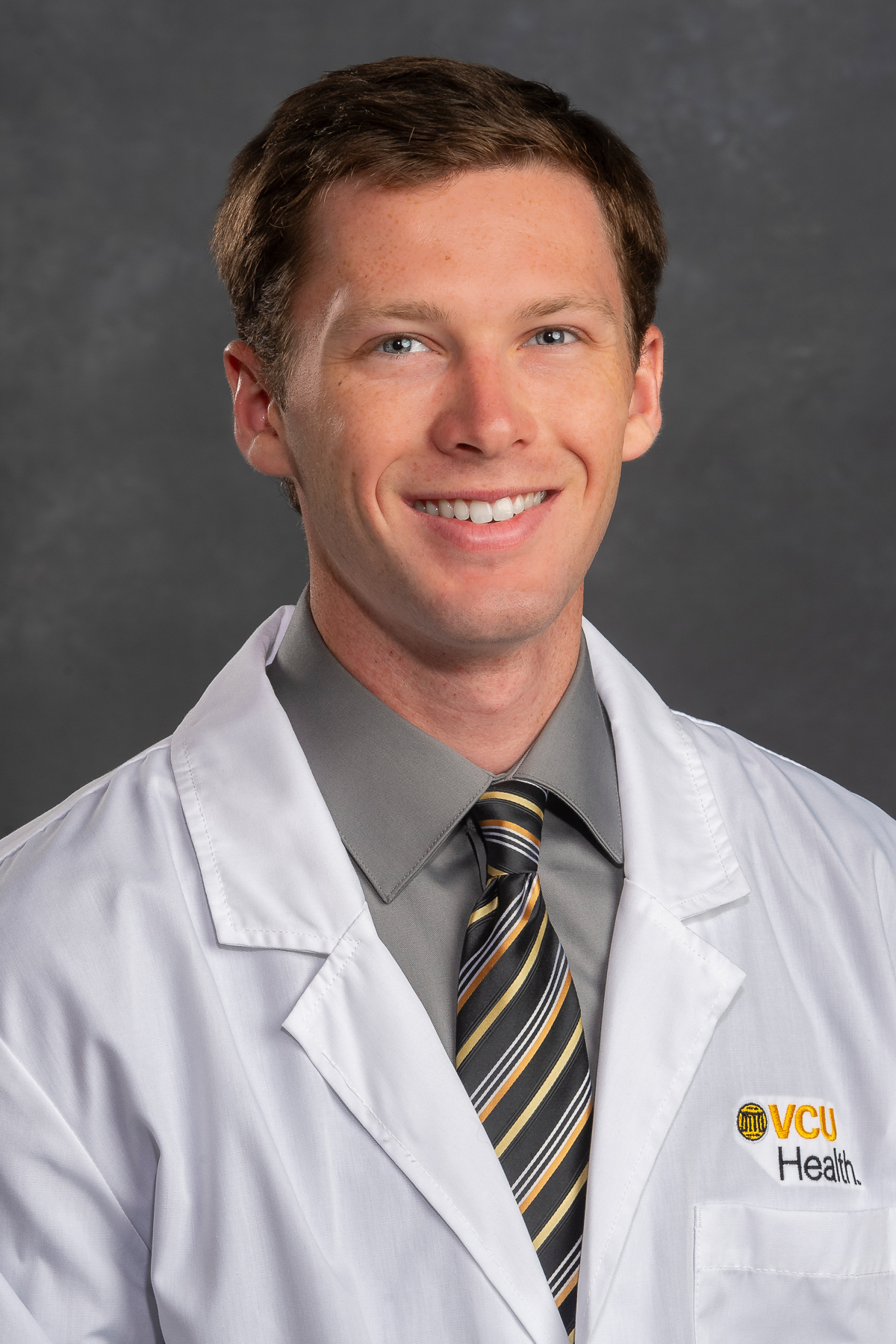
Tanner McQuality, DO

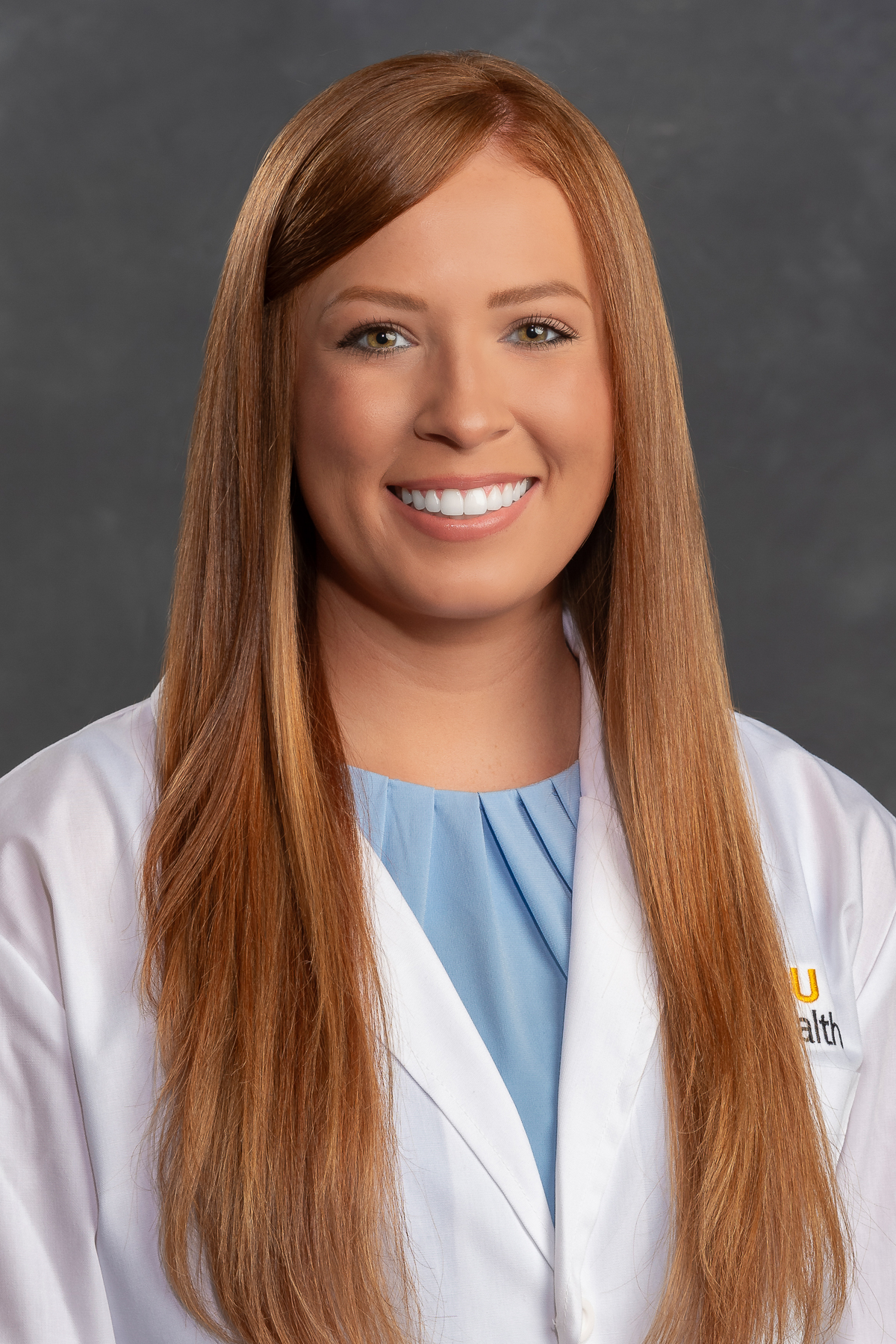
Courtney Thomas, MD

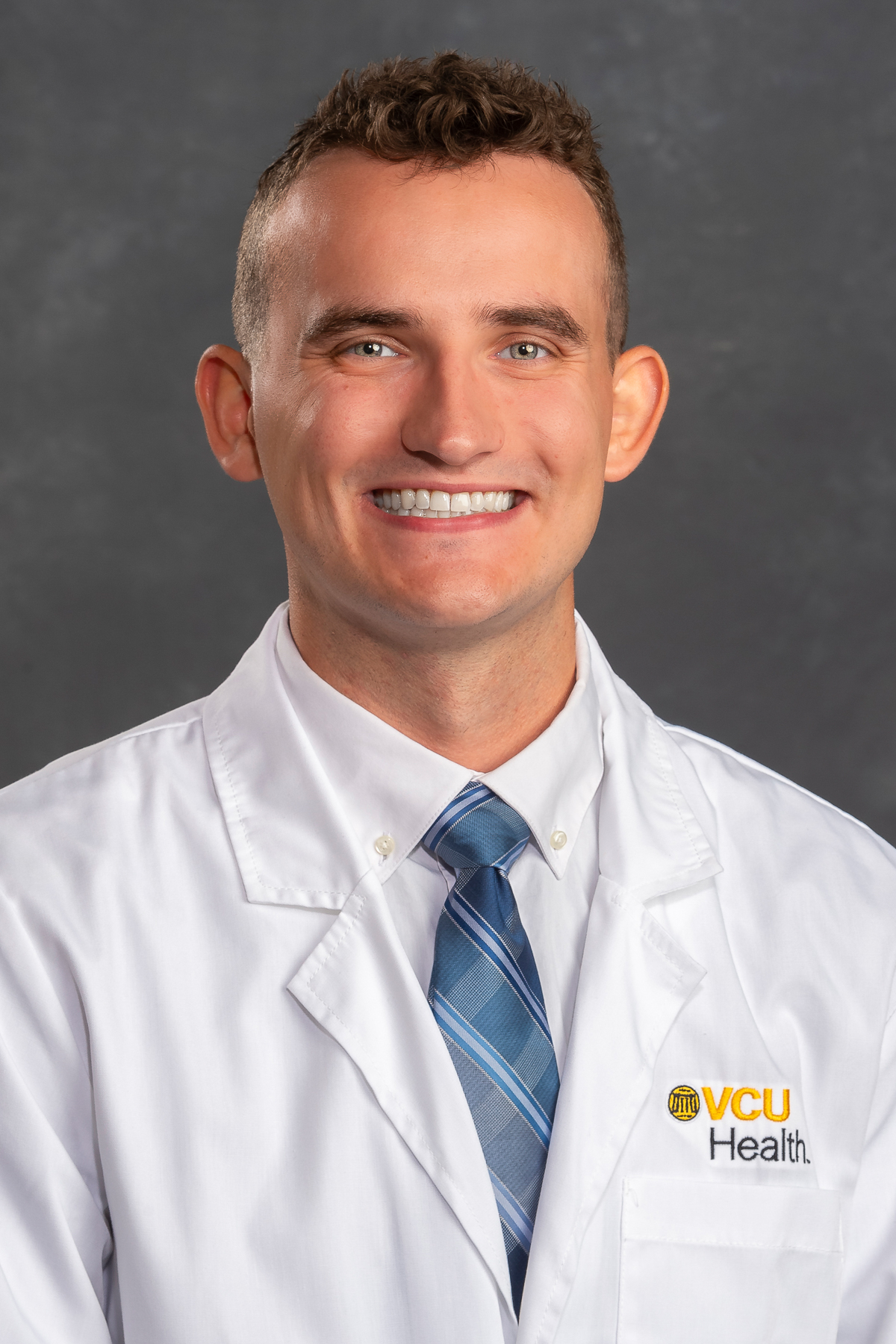
Michael Wheeler, DO

PGY-1
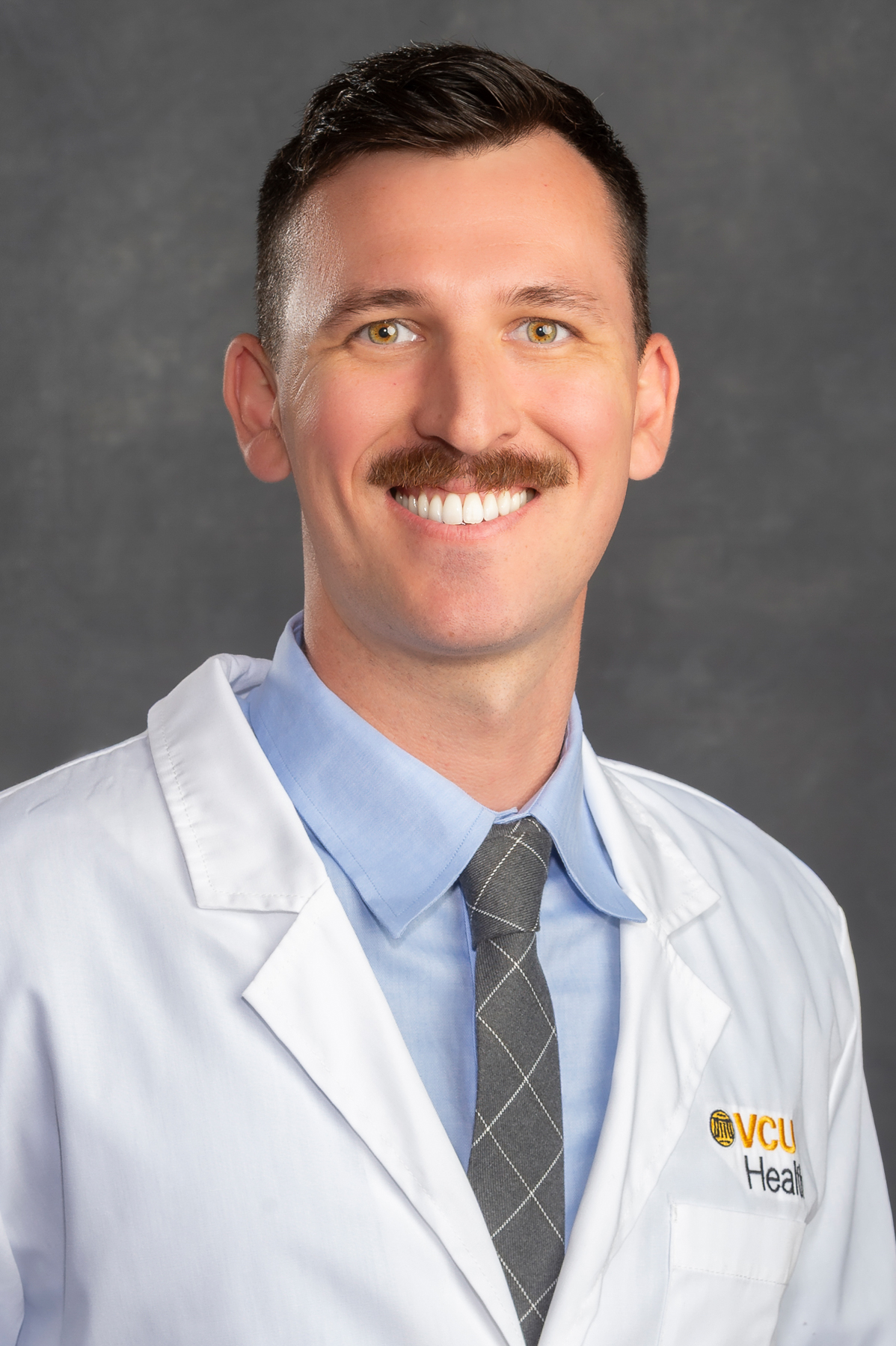
Michael Acosta, MD

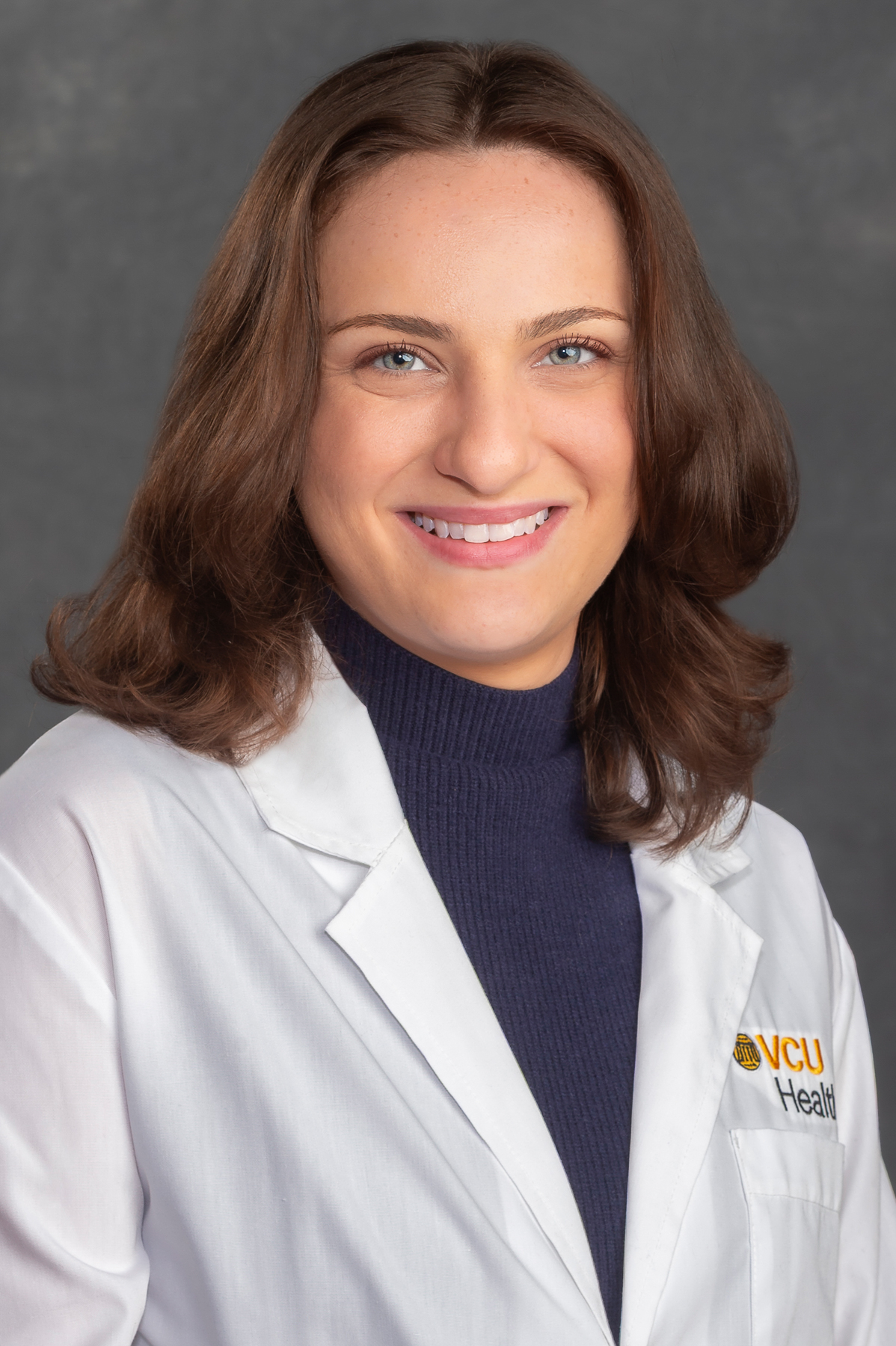
Claudia Ambrose, MD

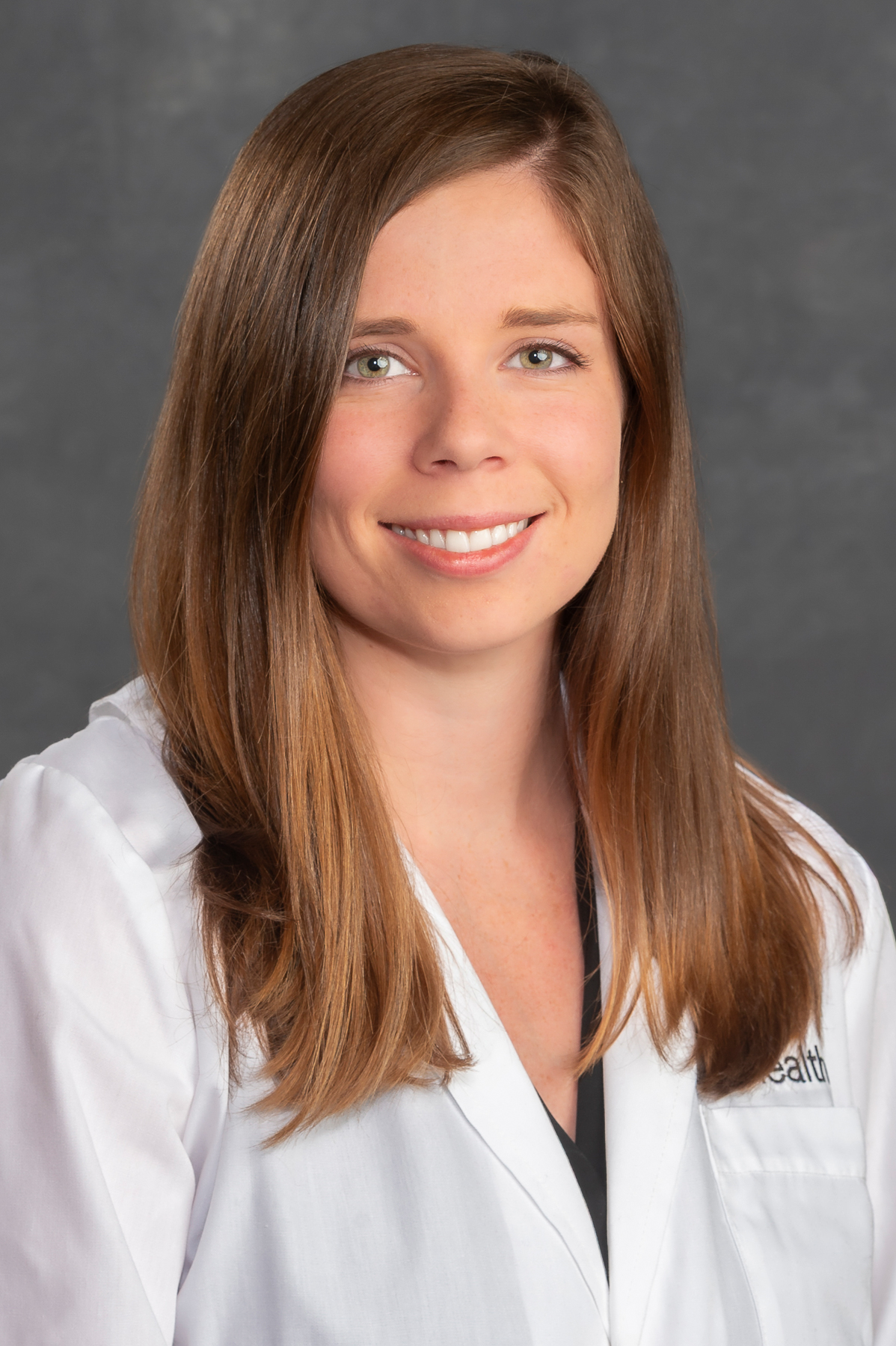
Anna Bejarano, MD

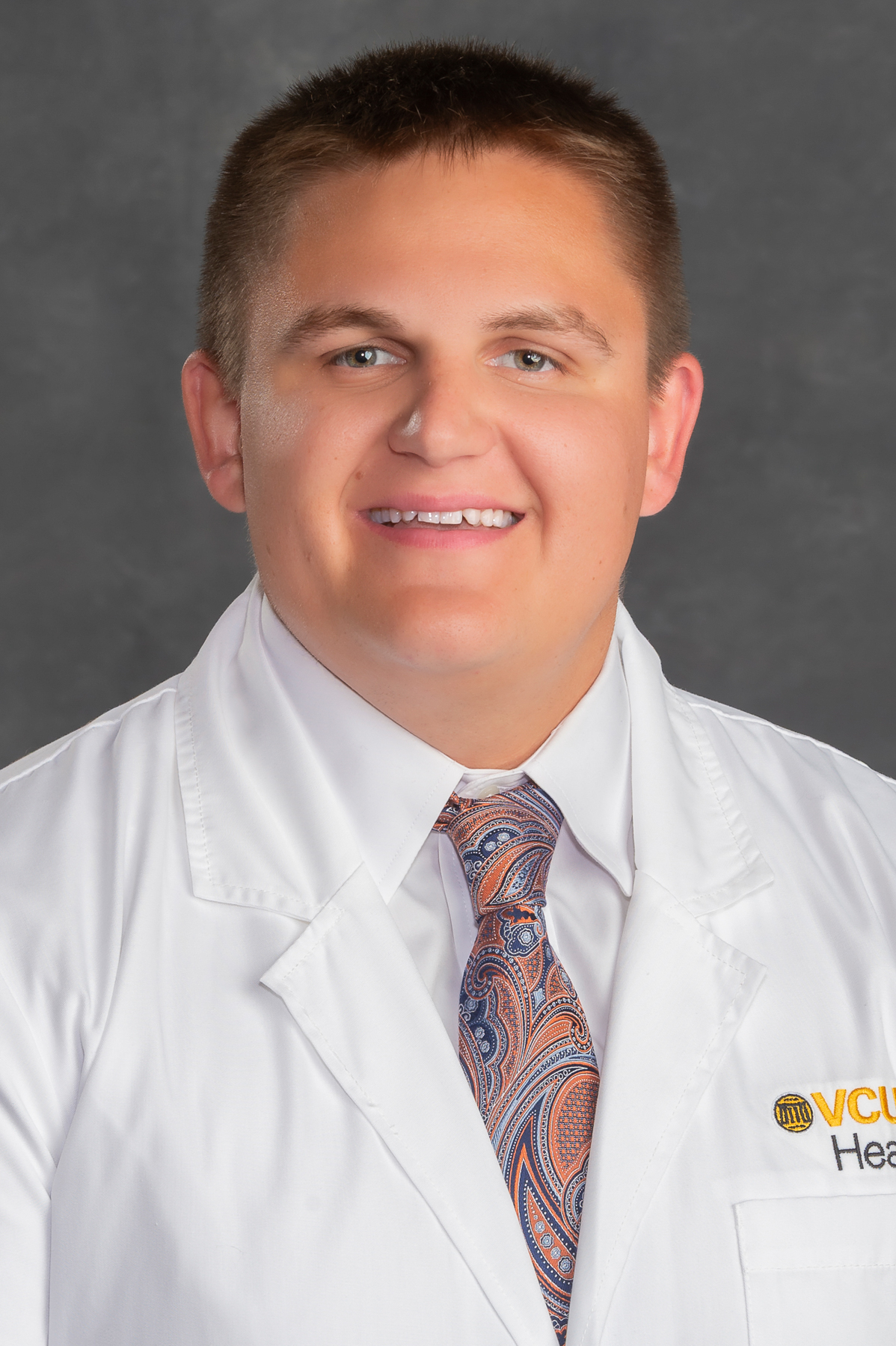
Randall Hilleary, MD

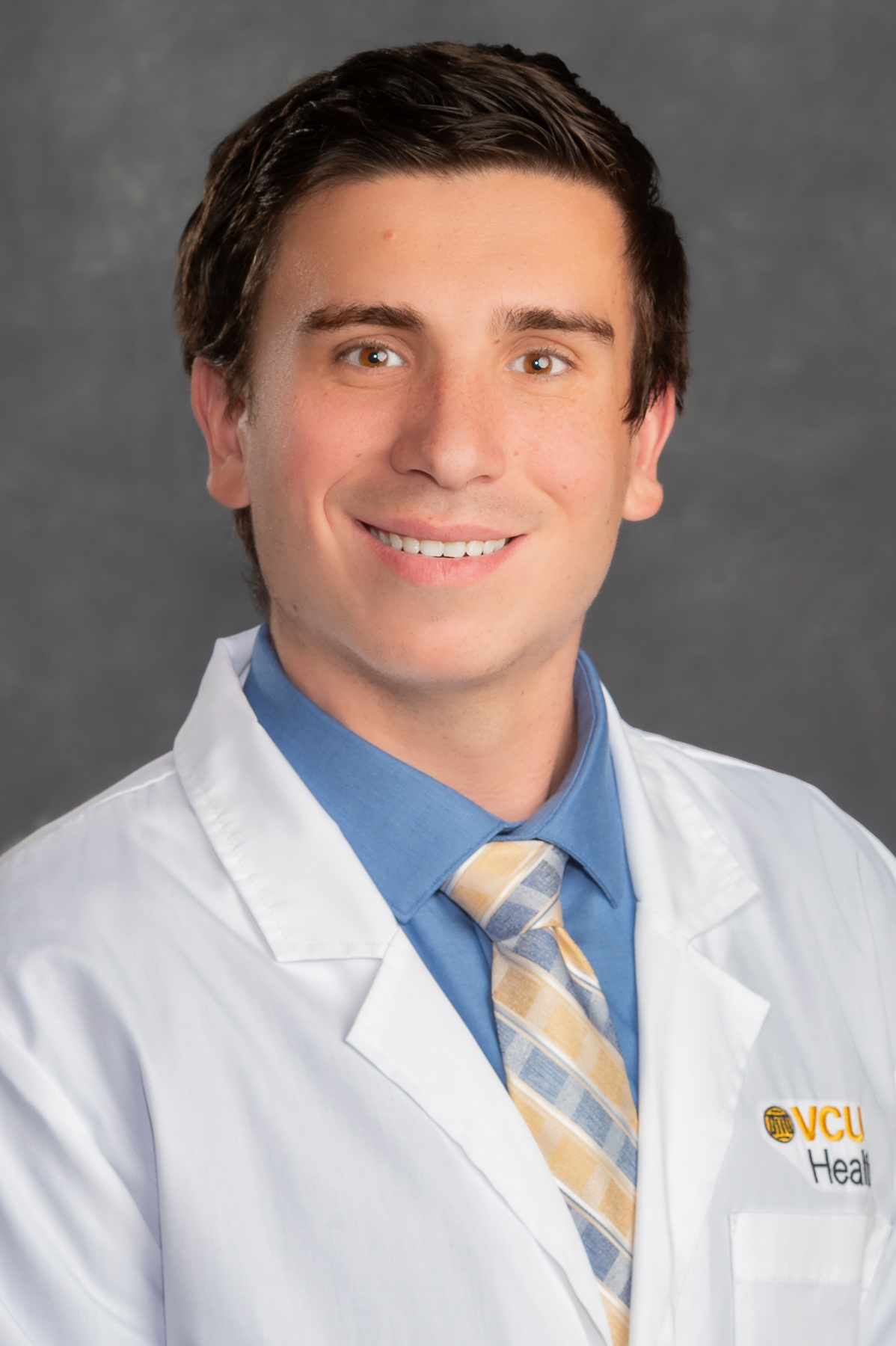
Benjamin James, DO

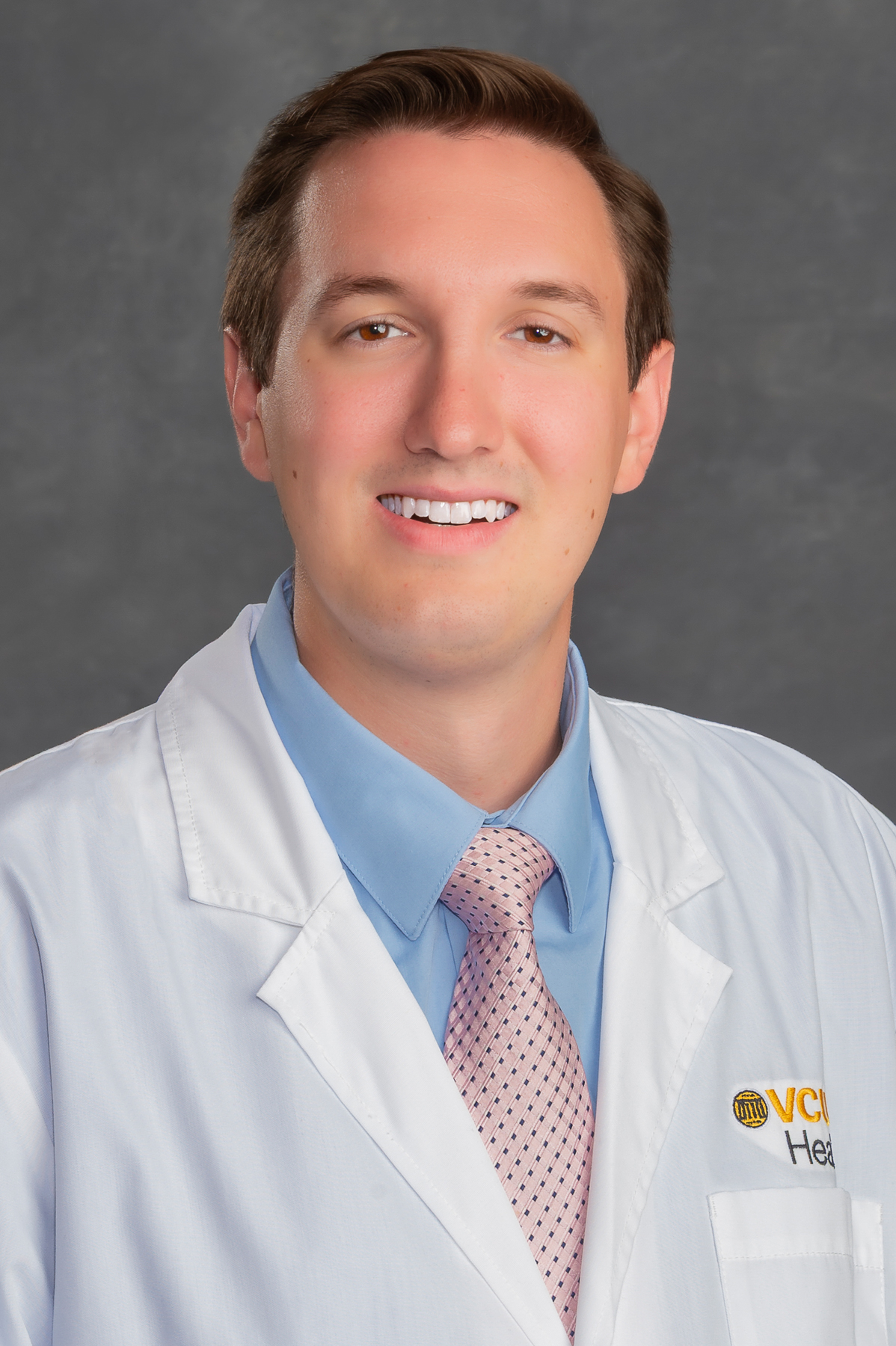
Joseph McEachon, DO

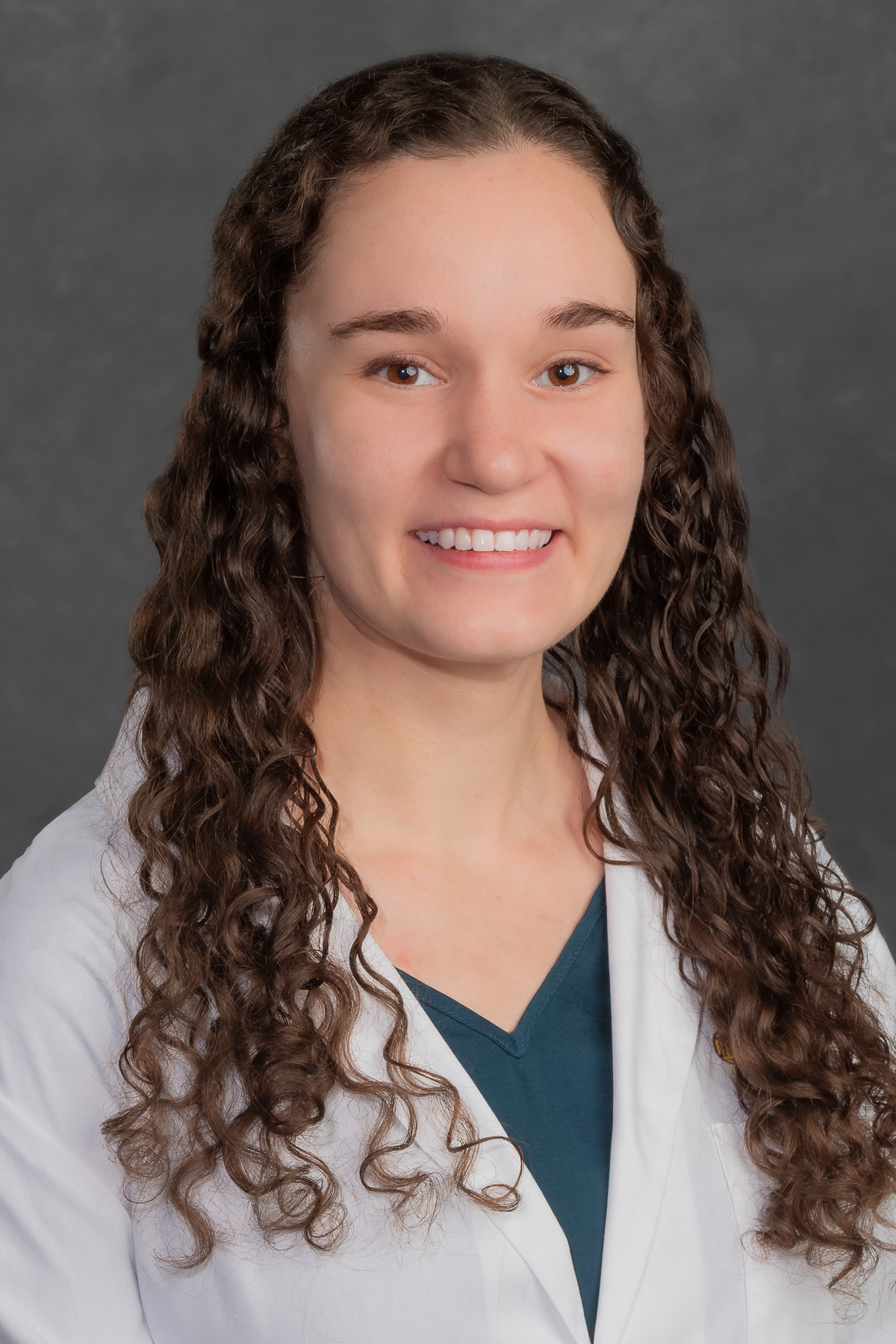
Nicole Spiezio, DO

